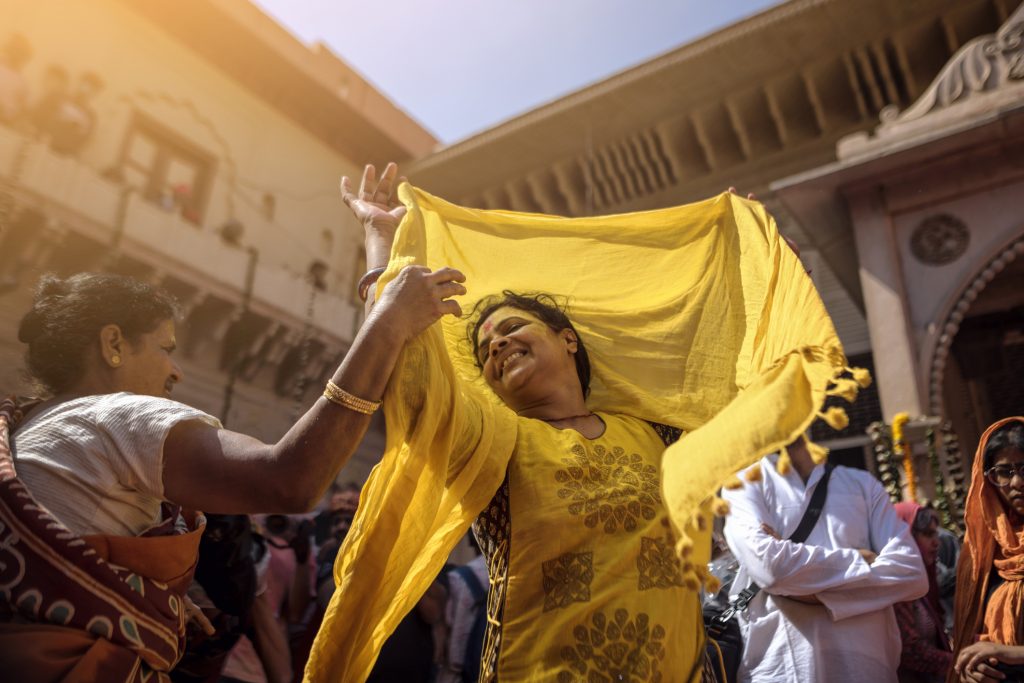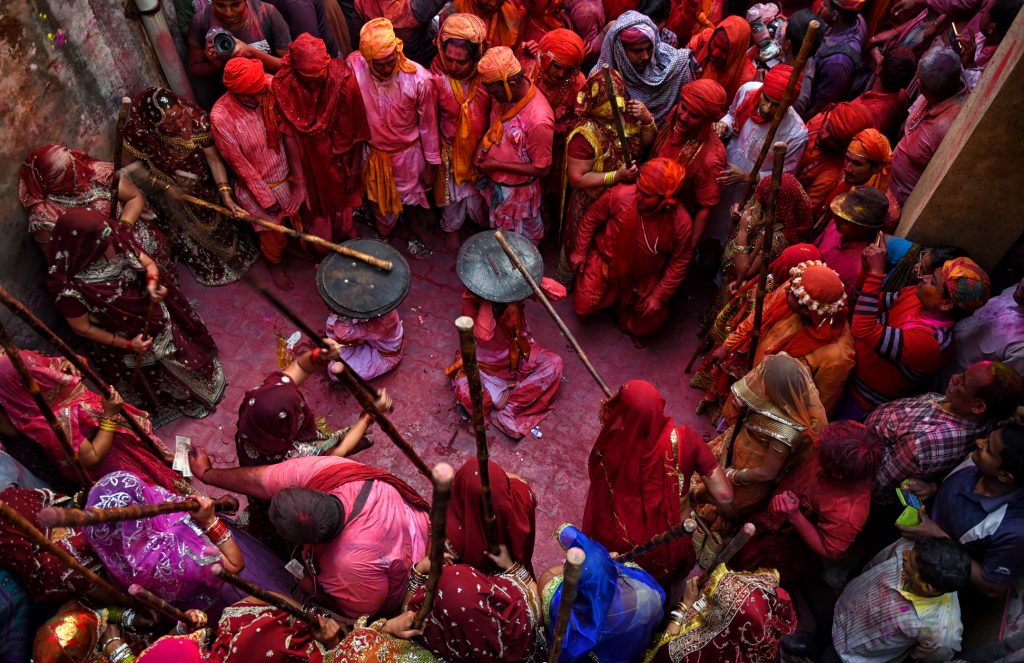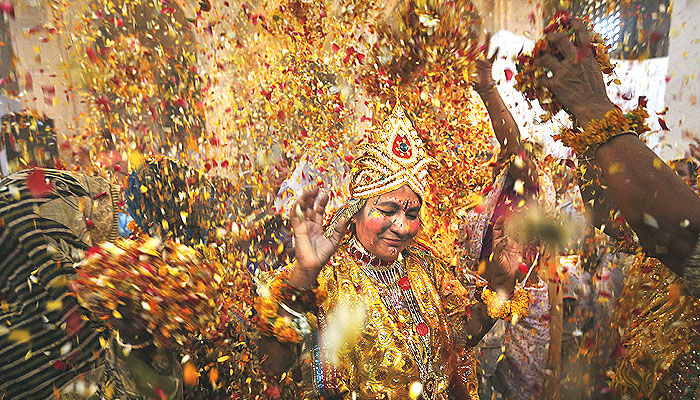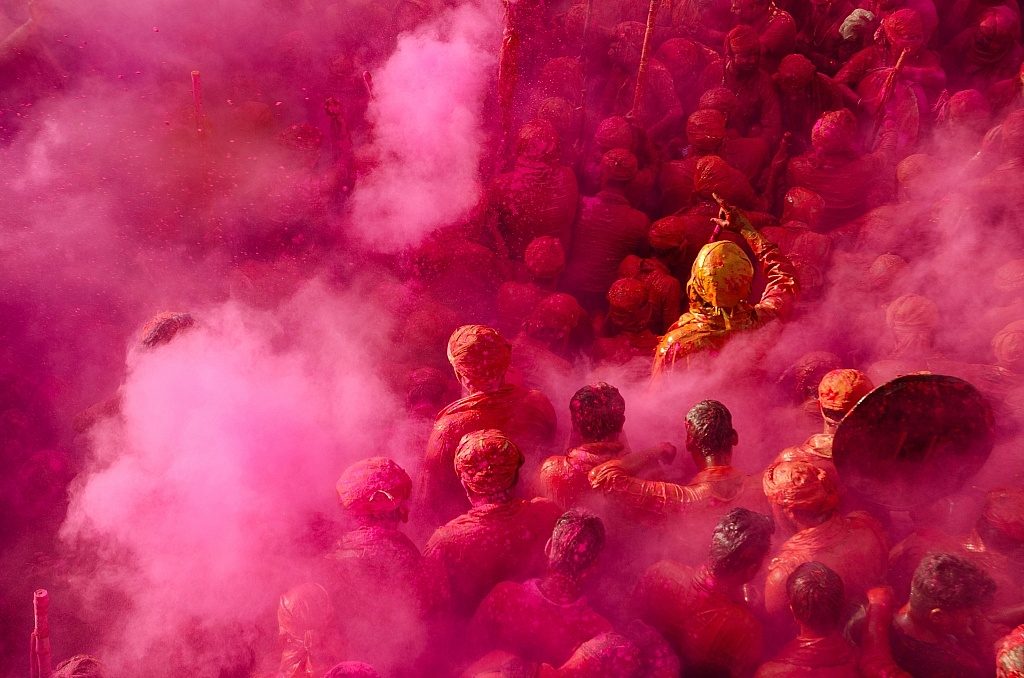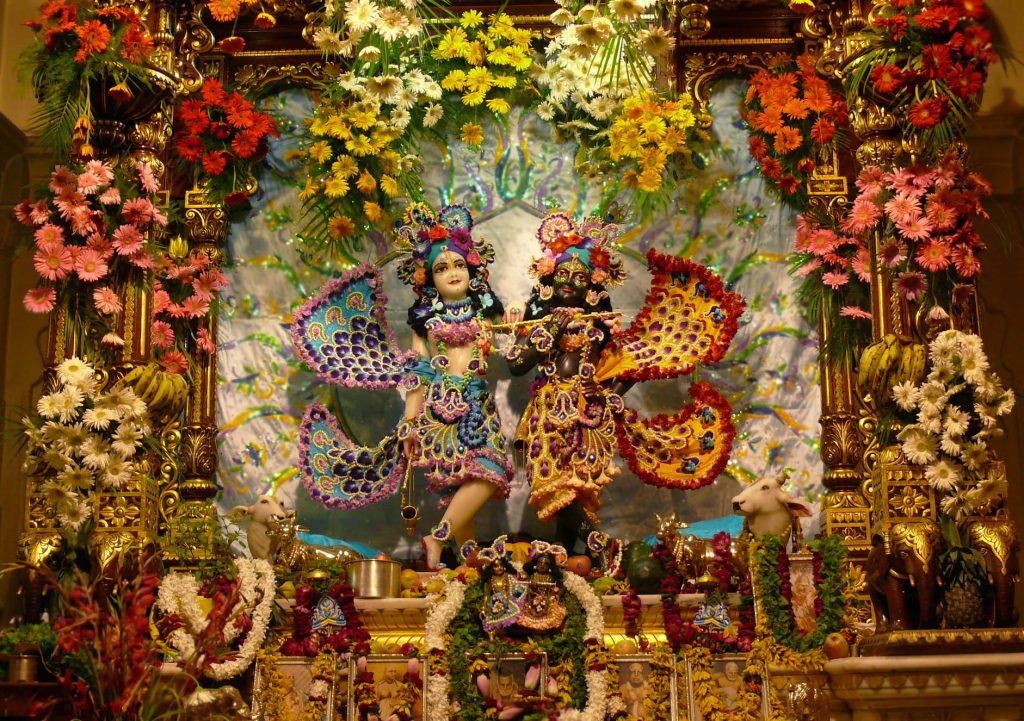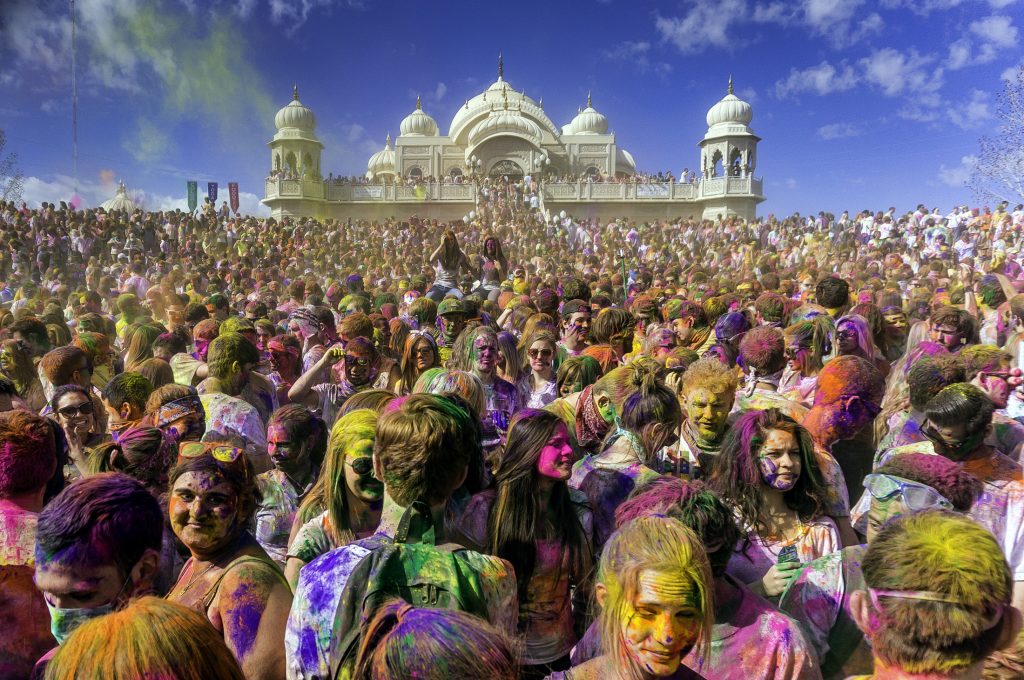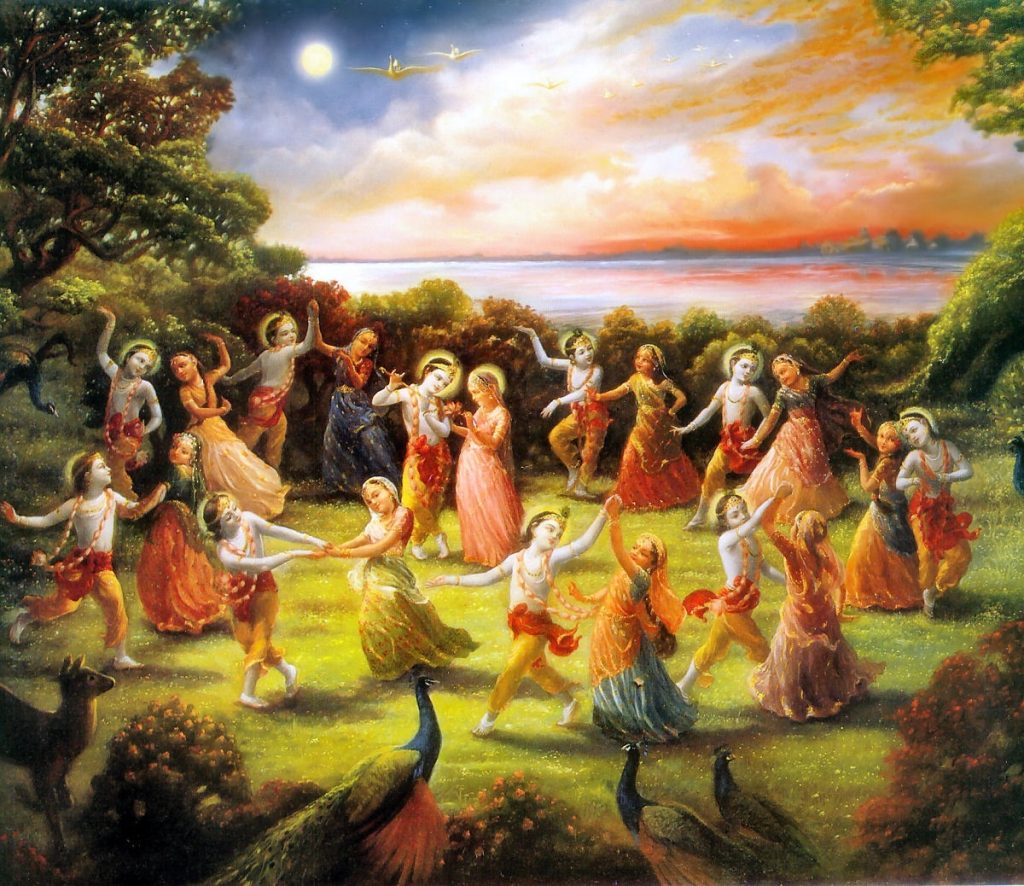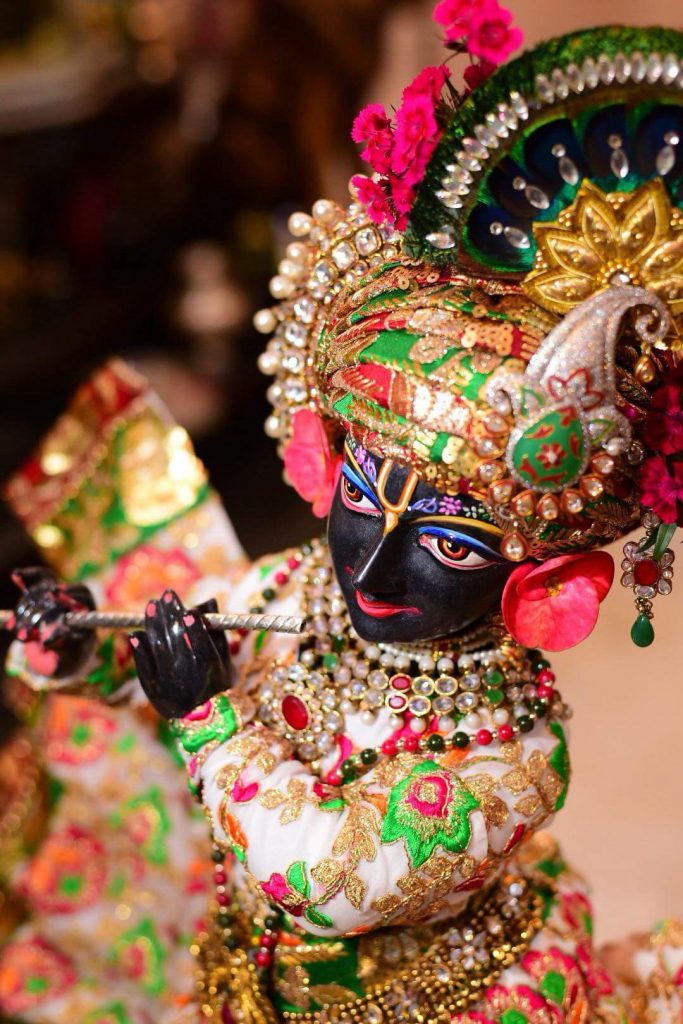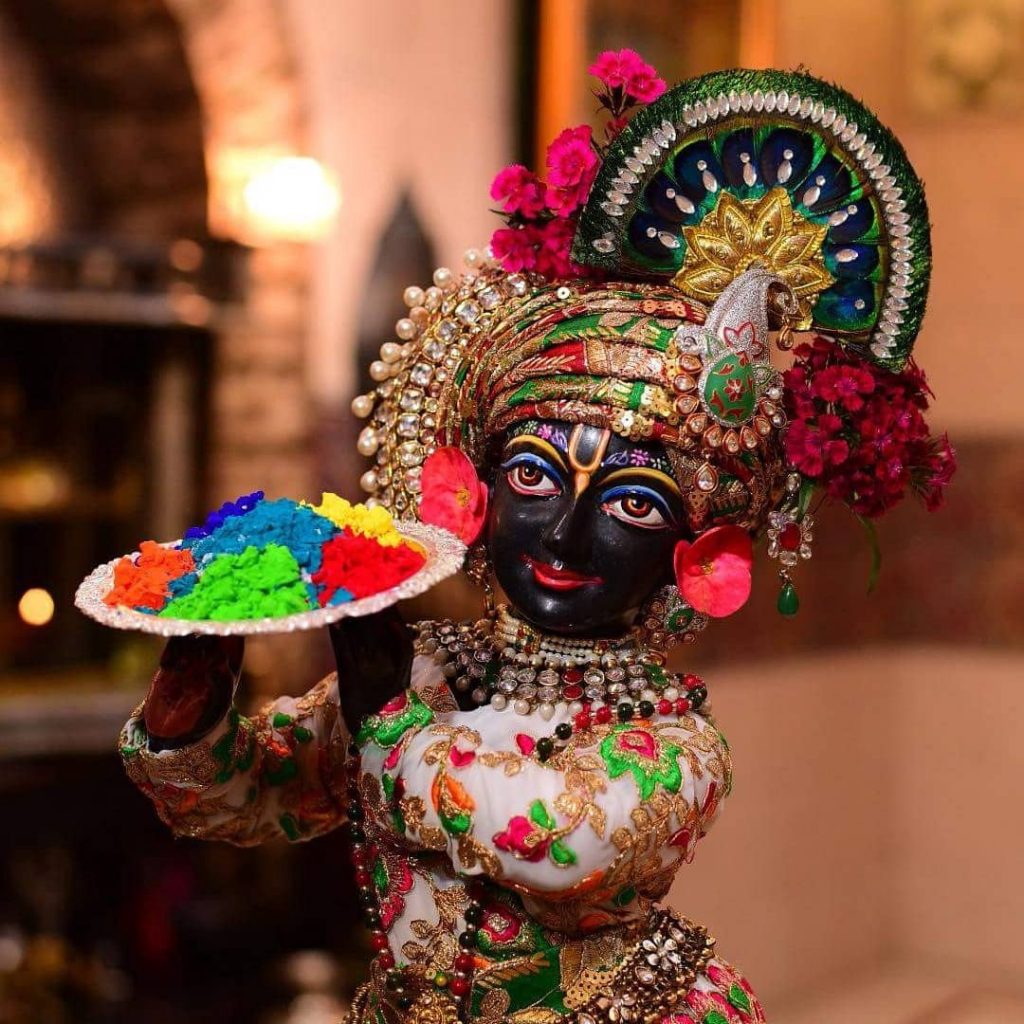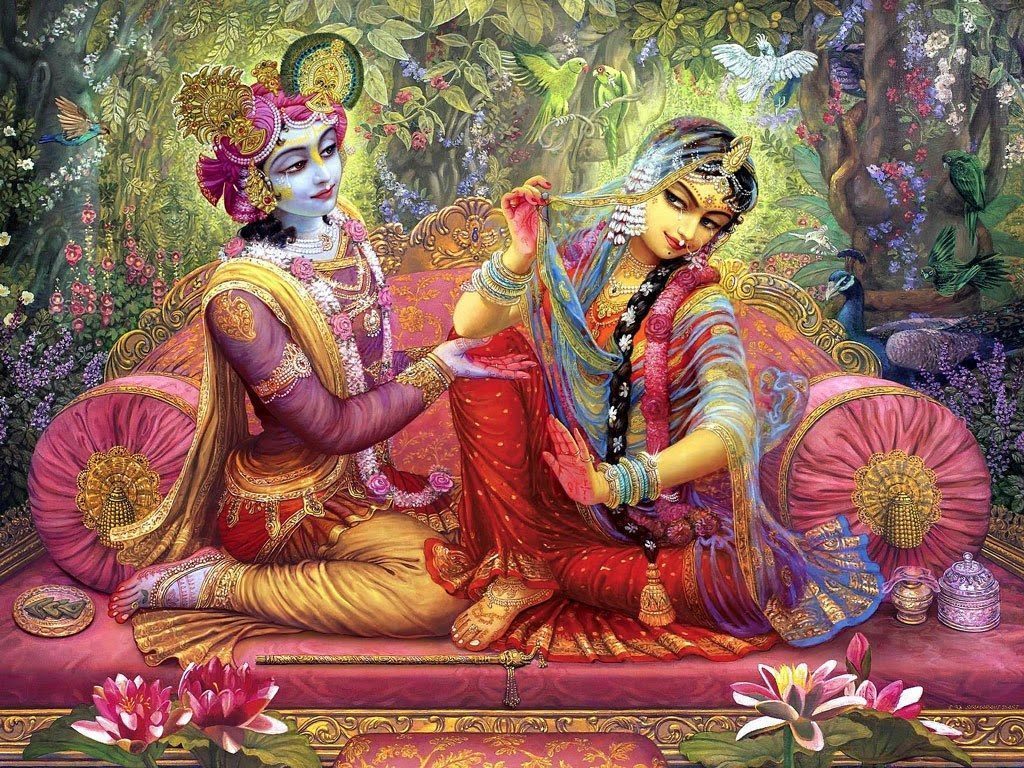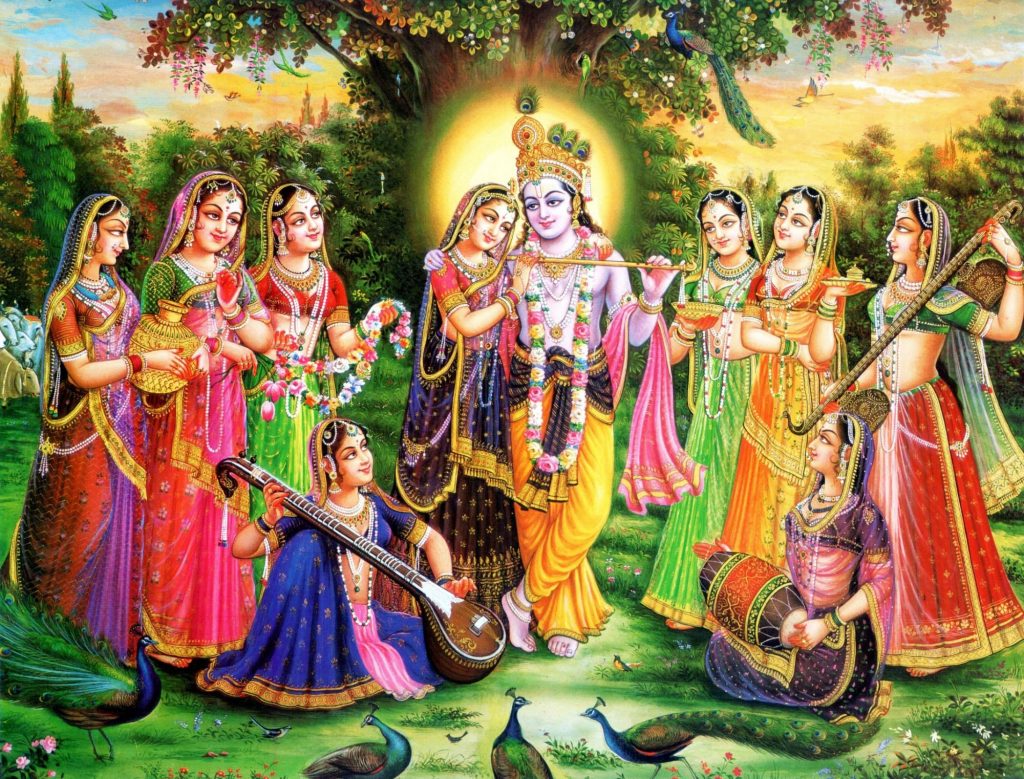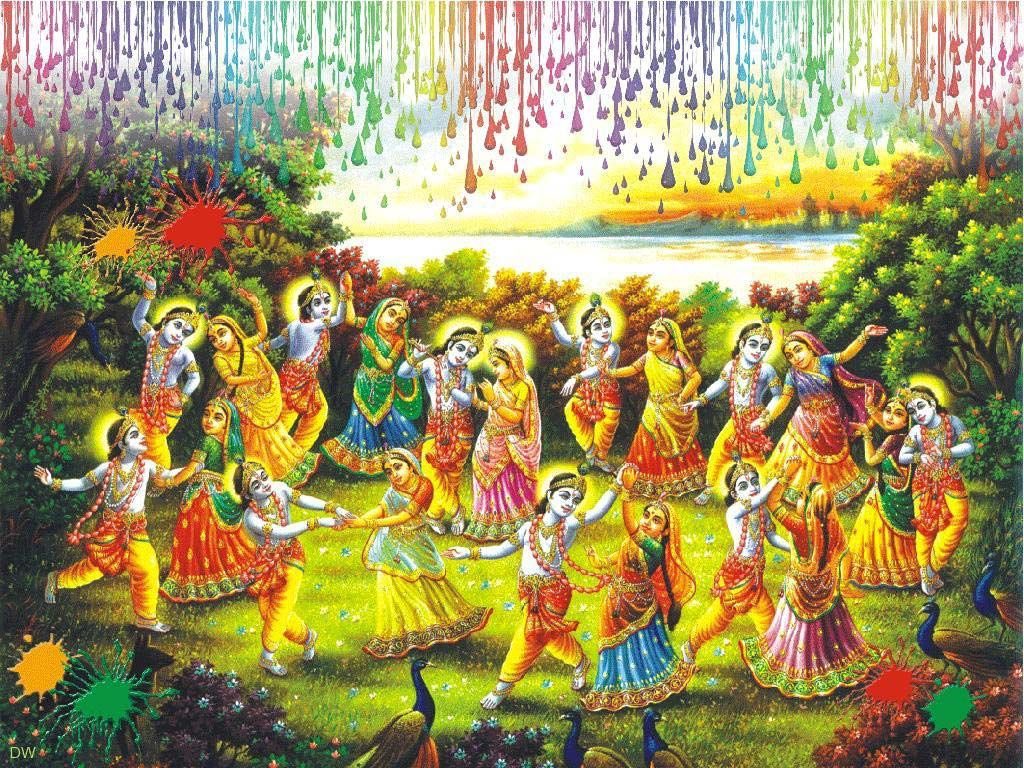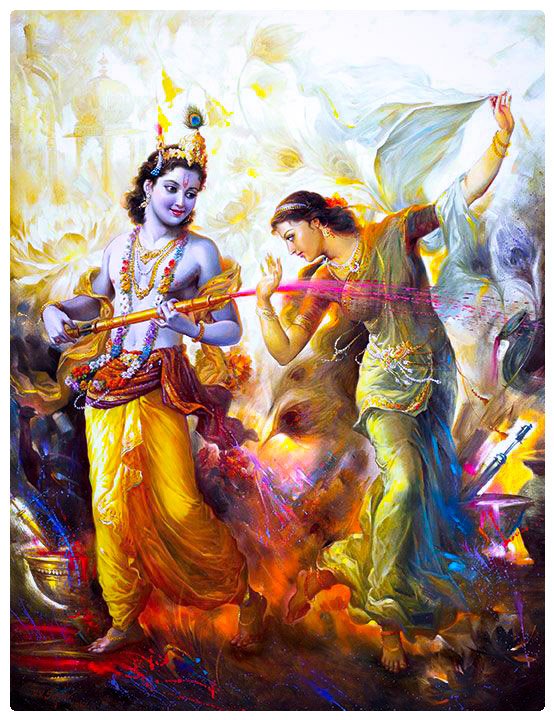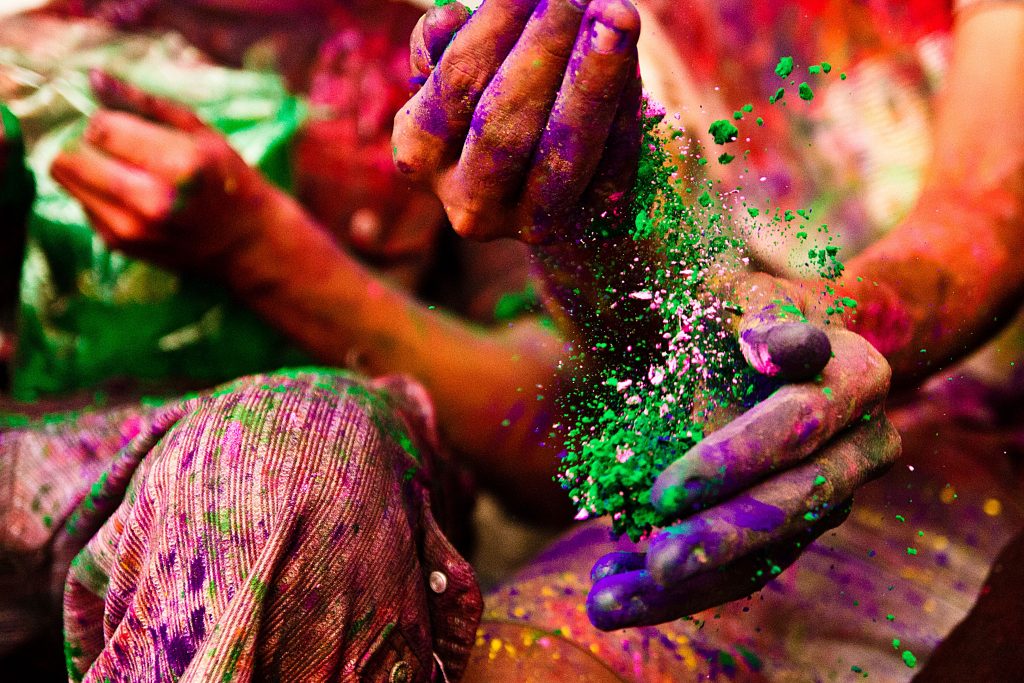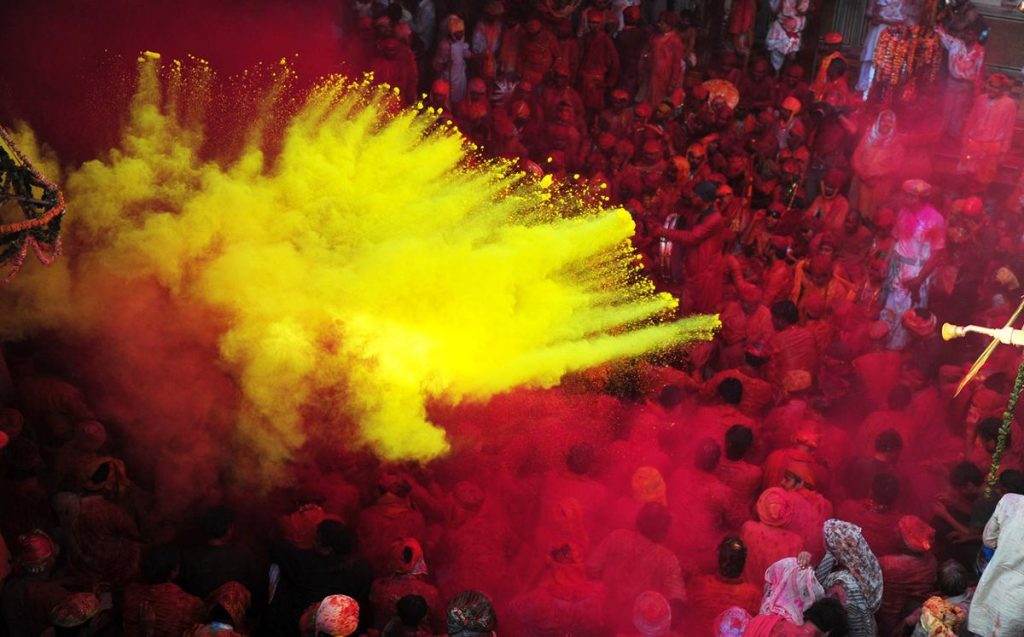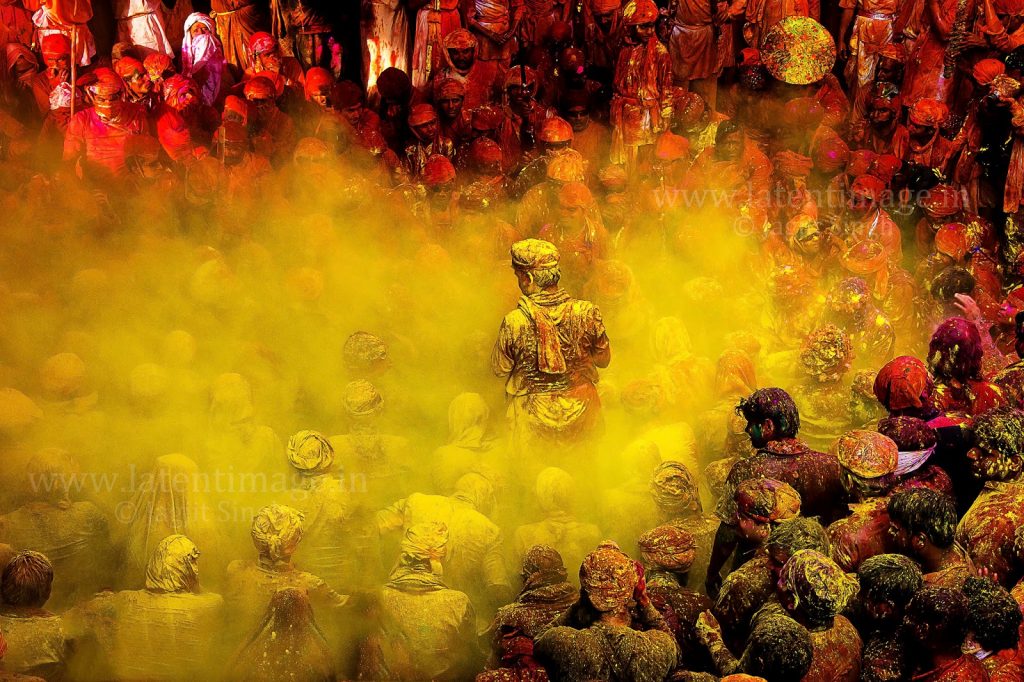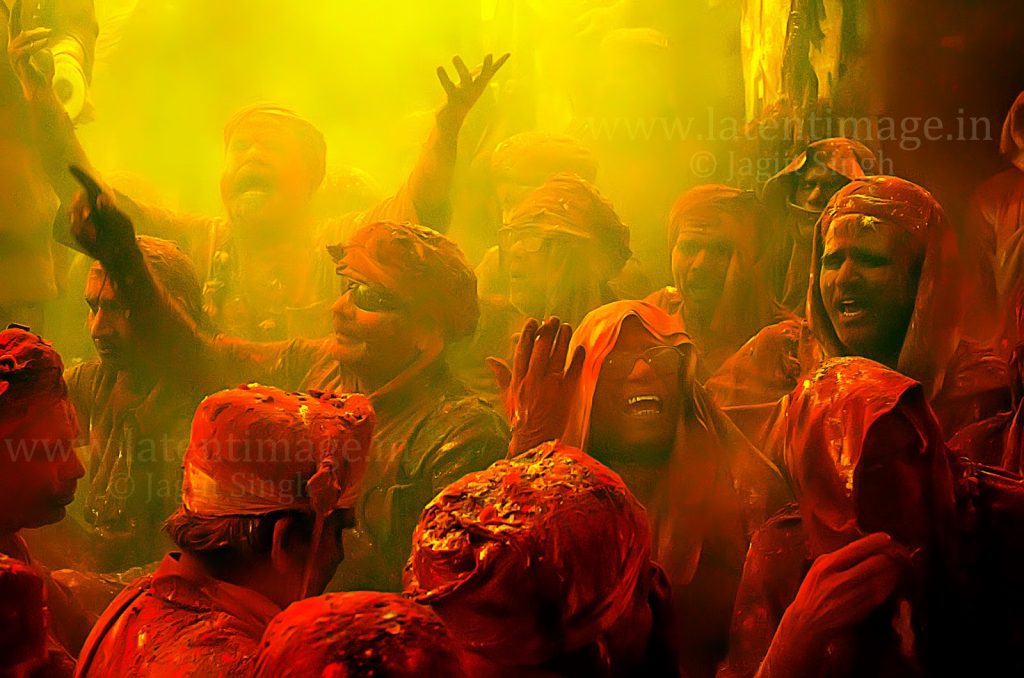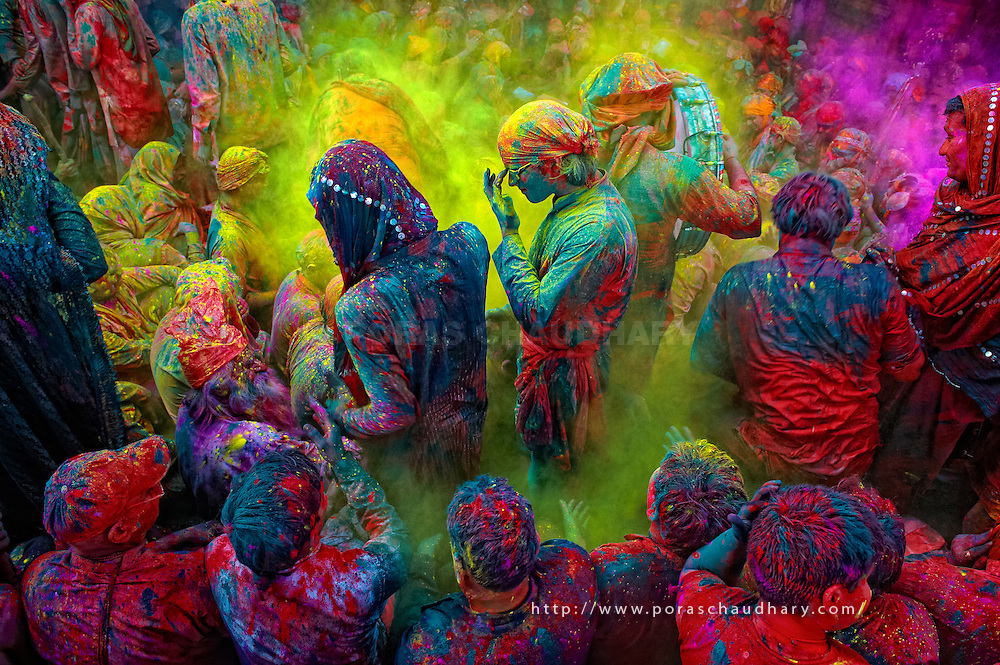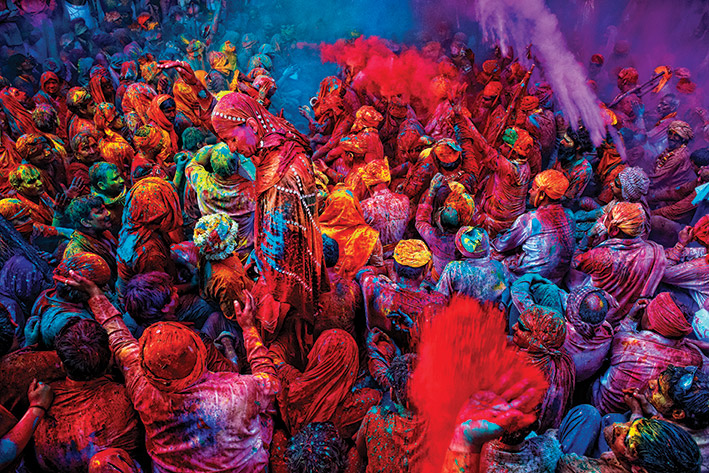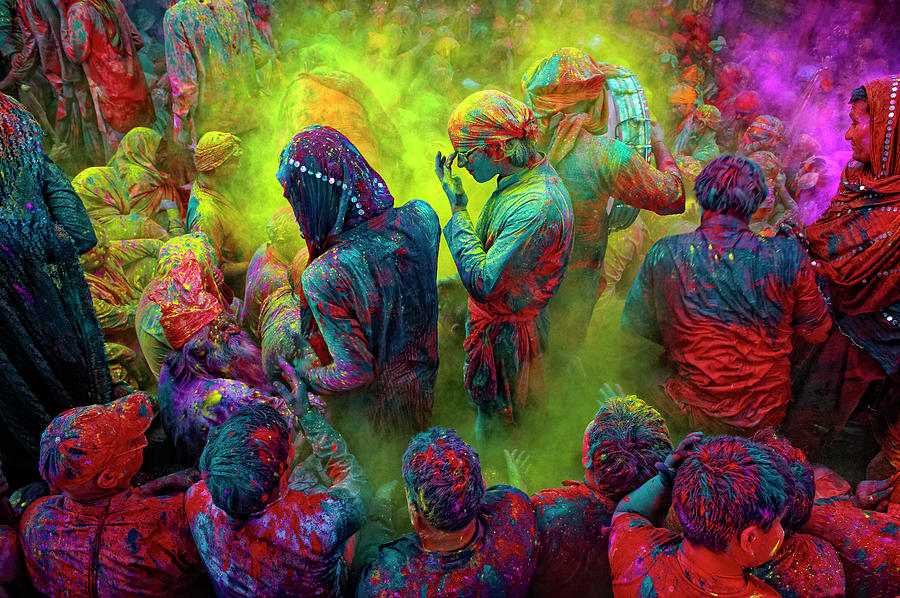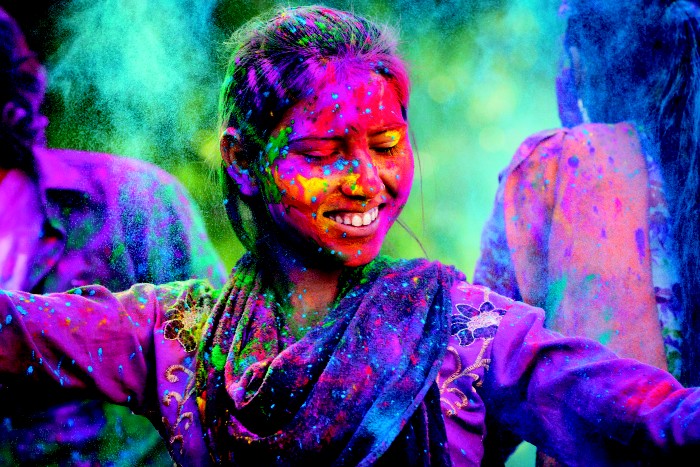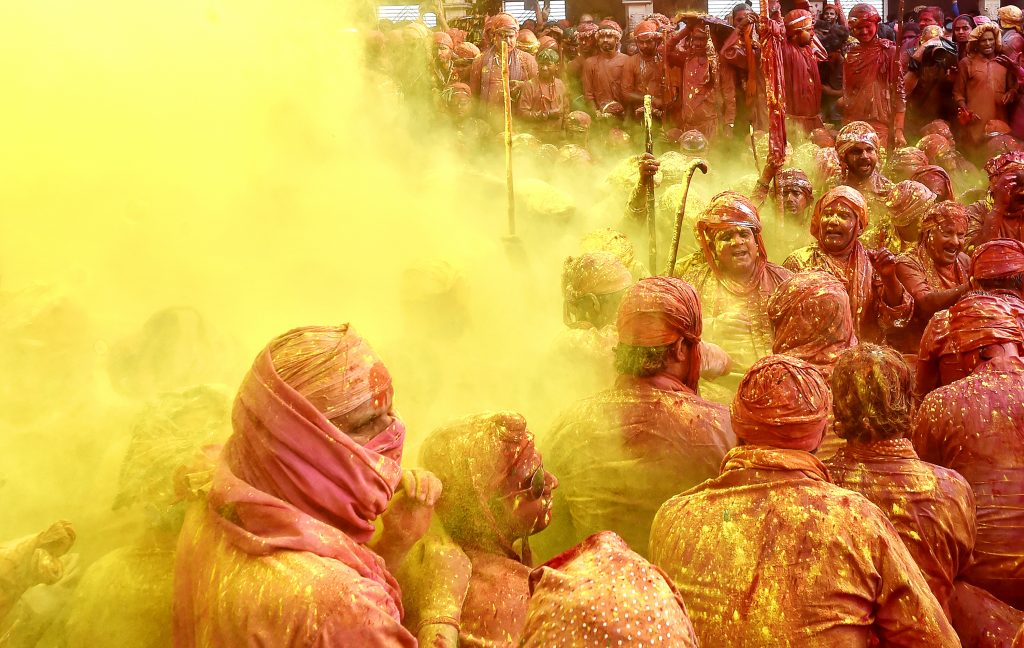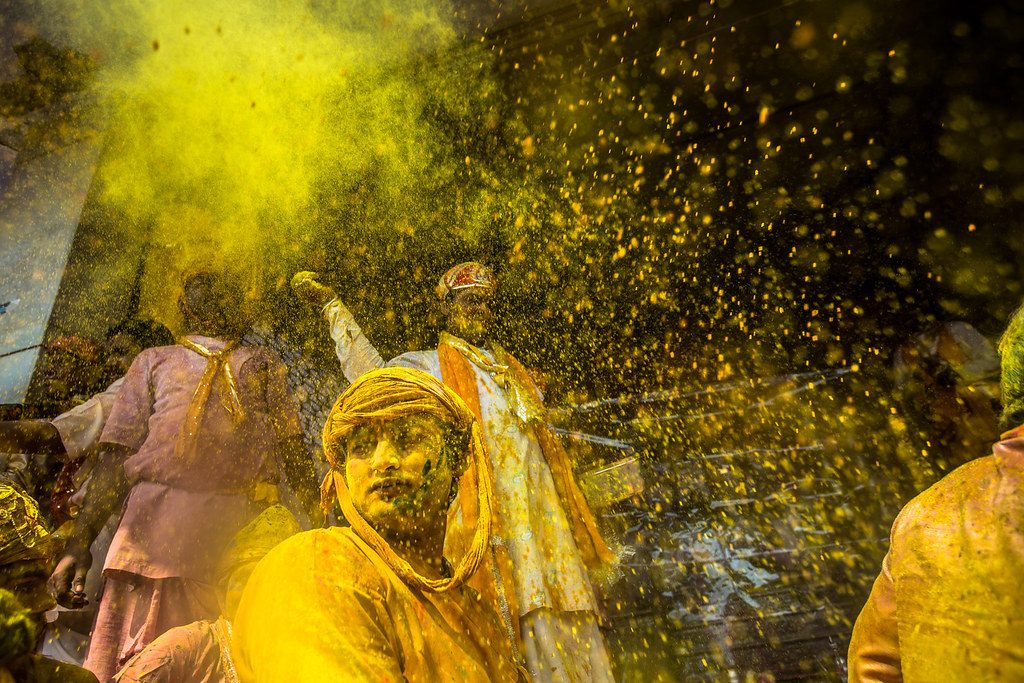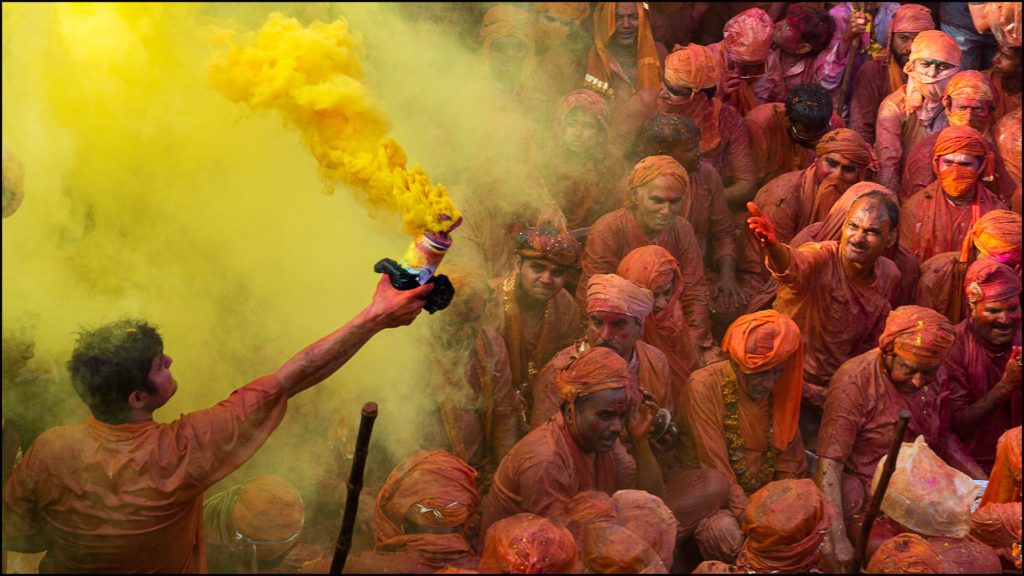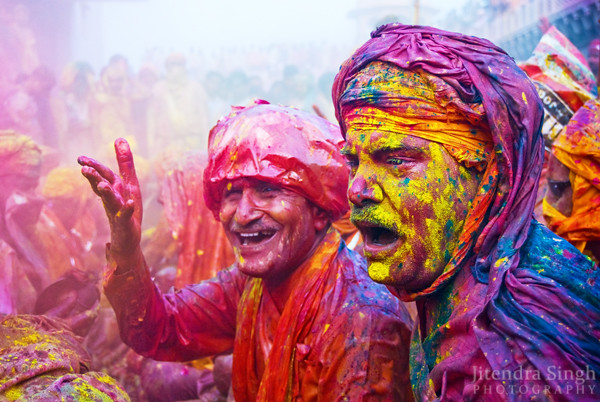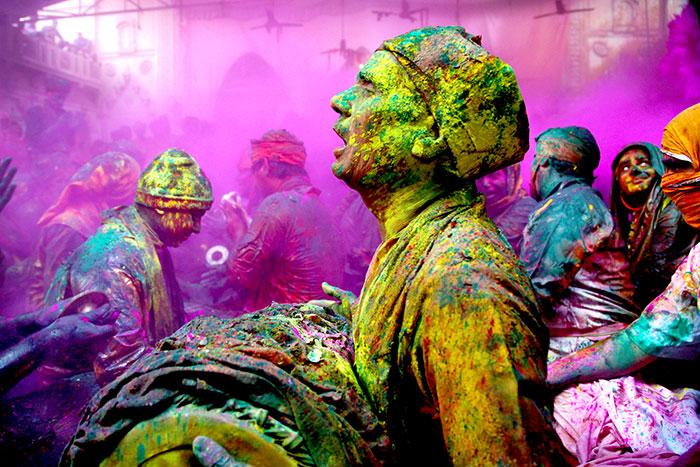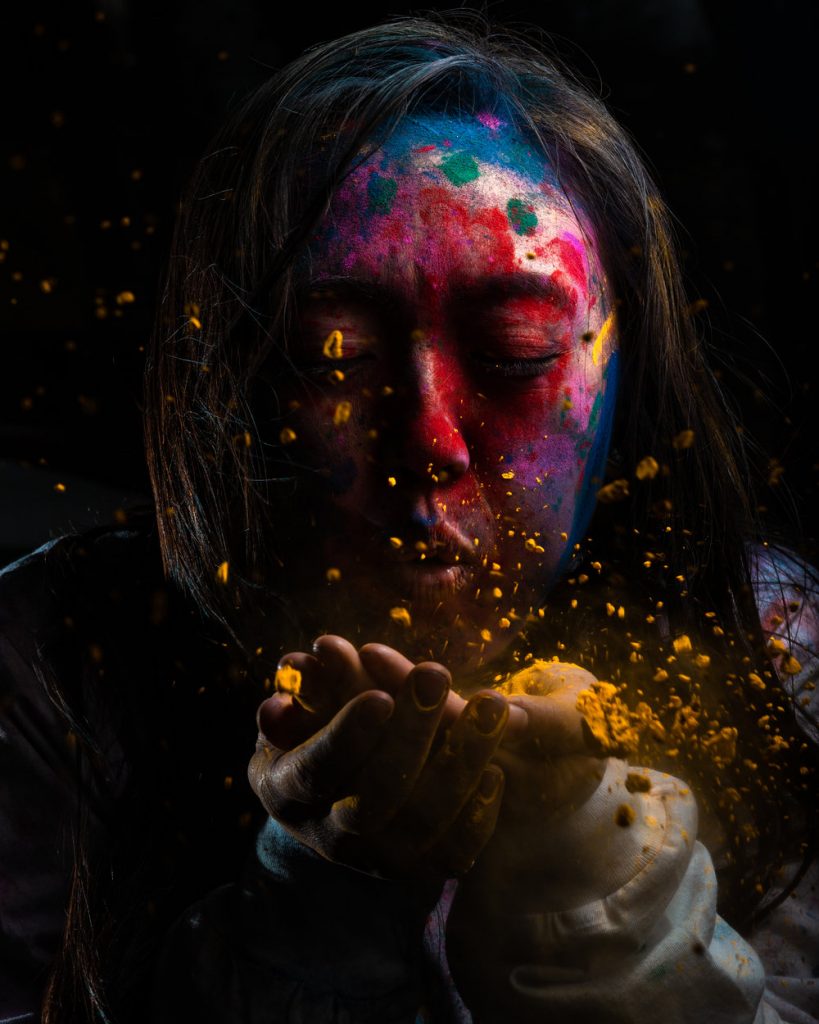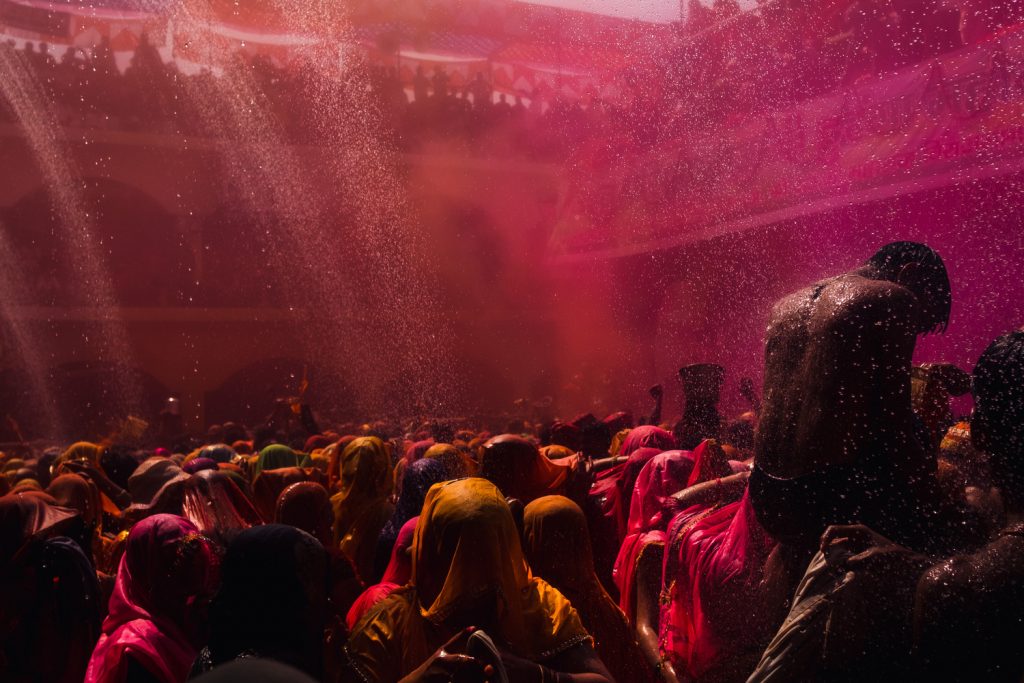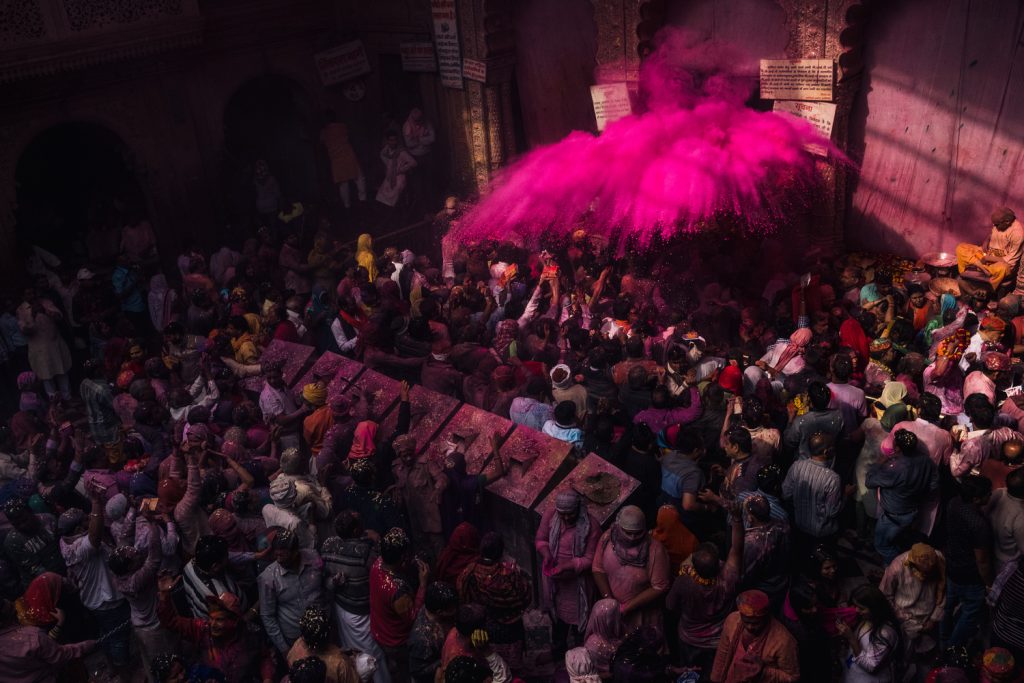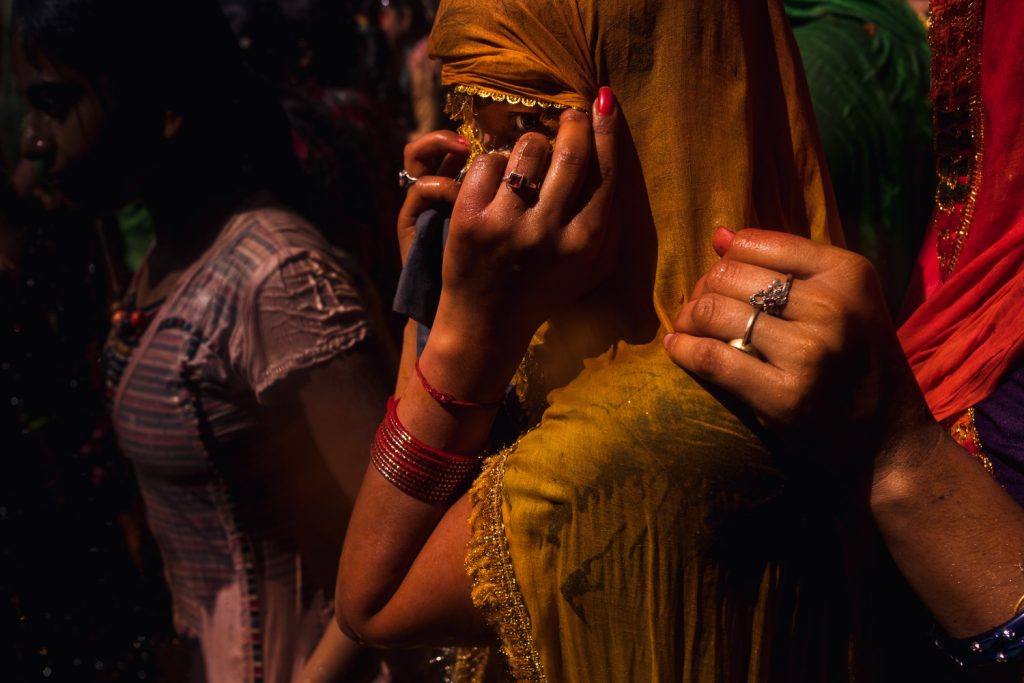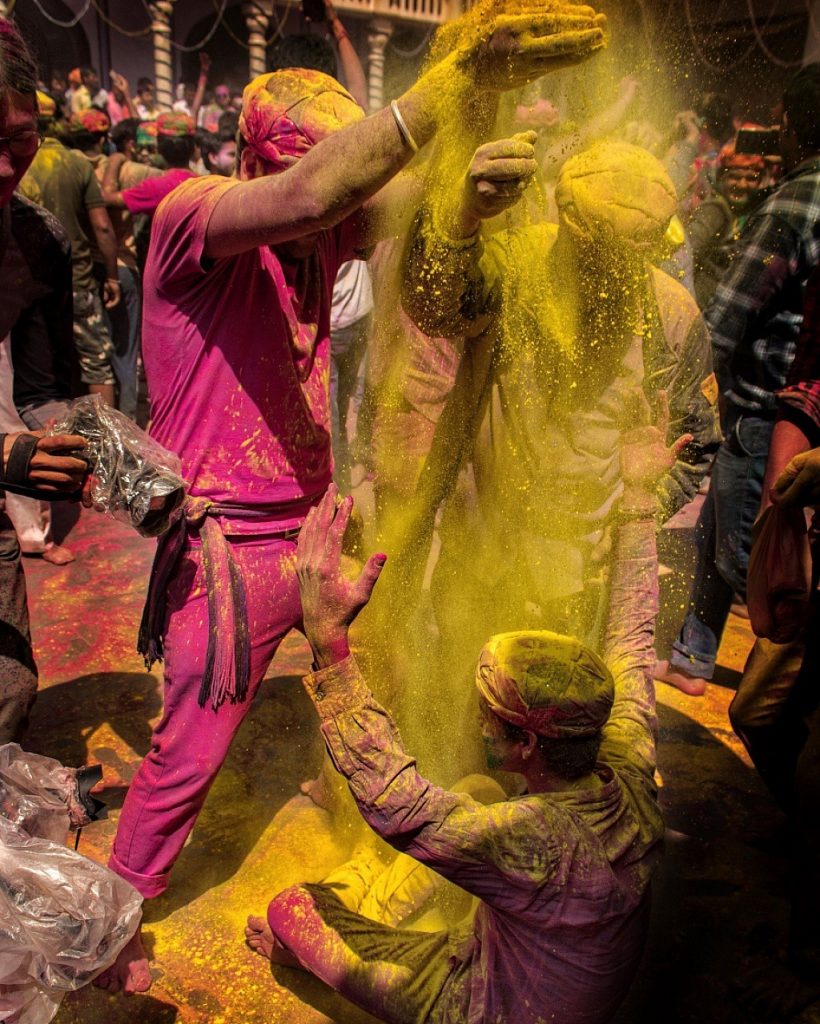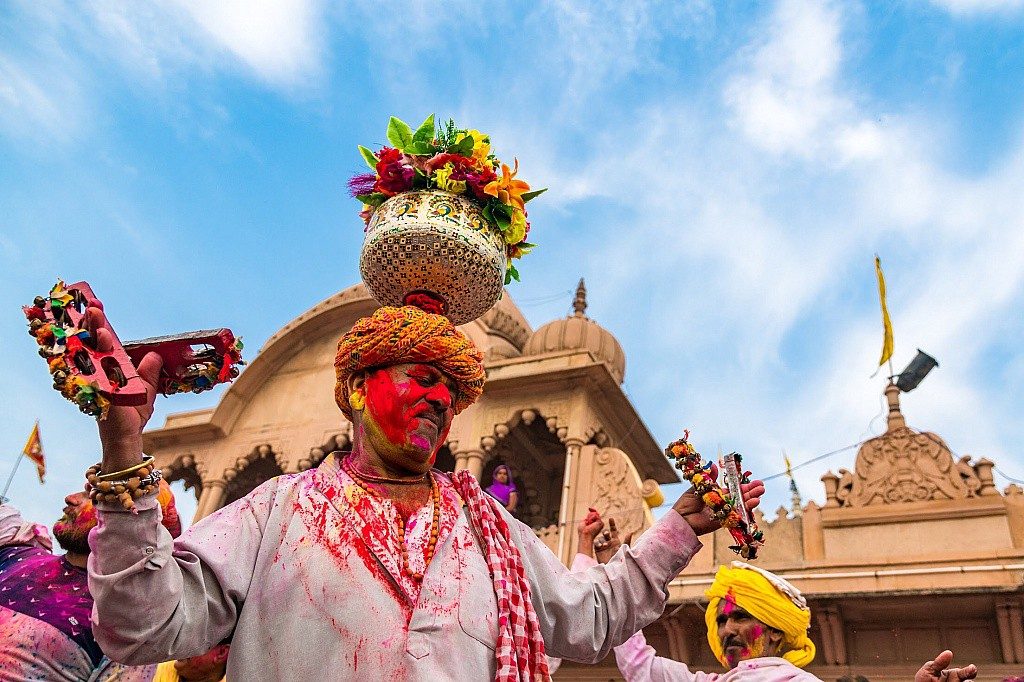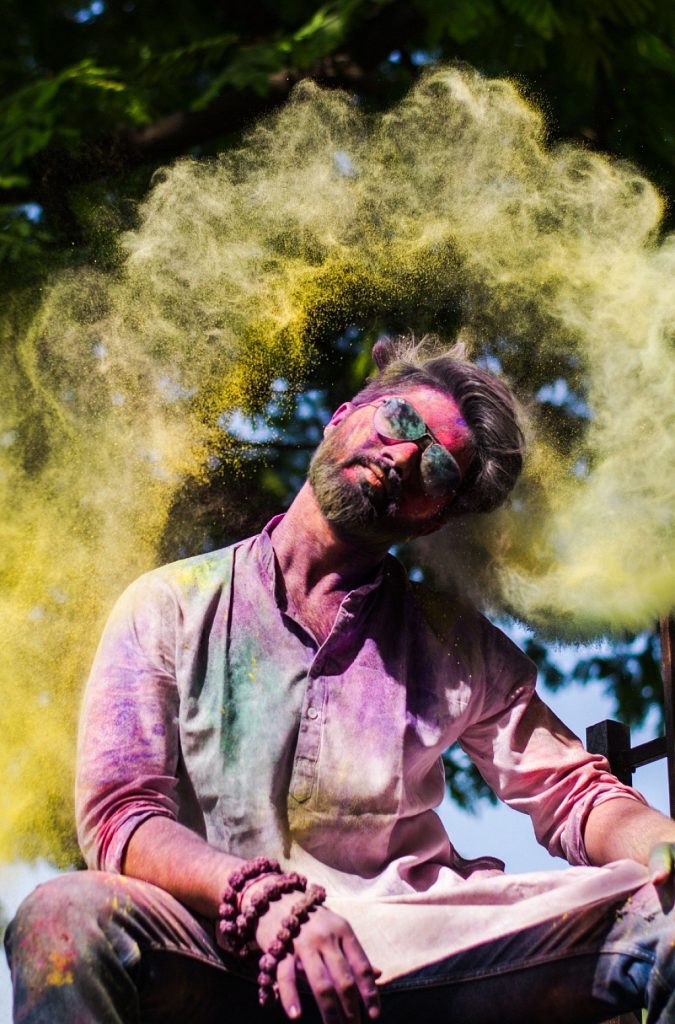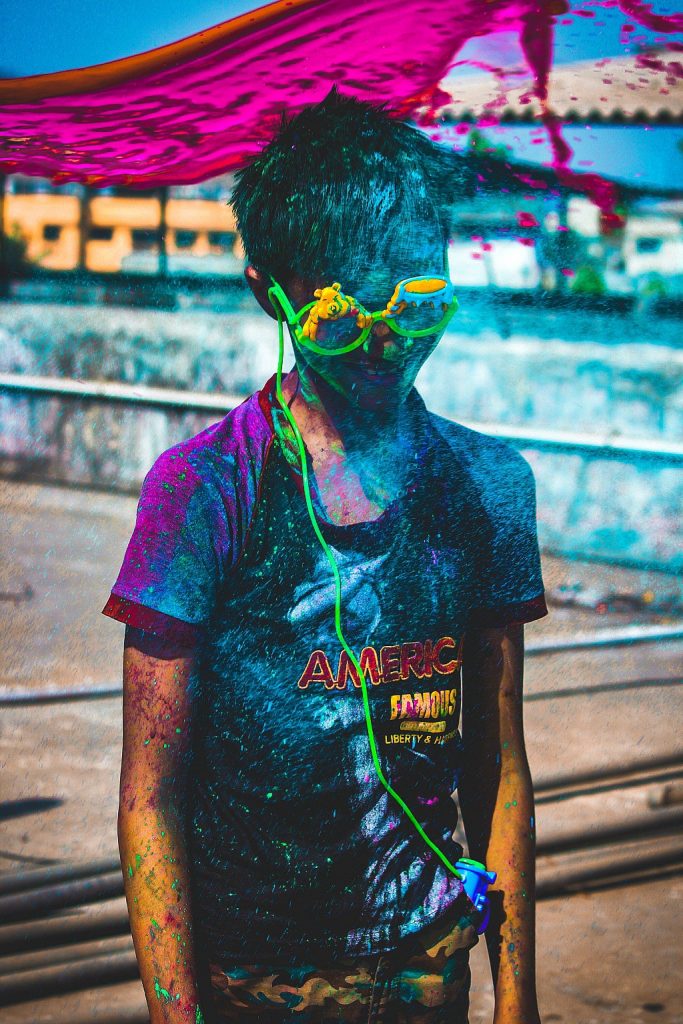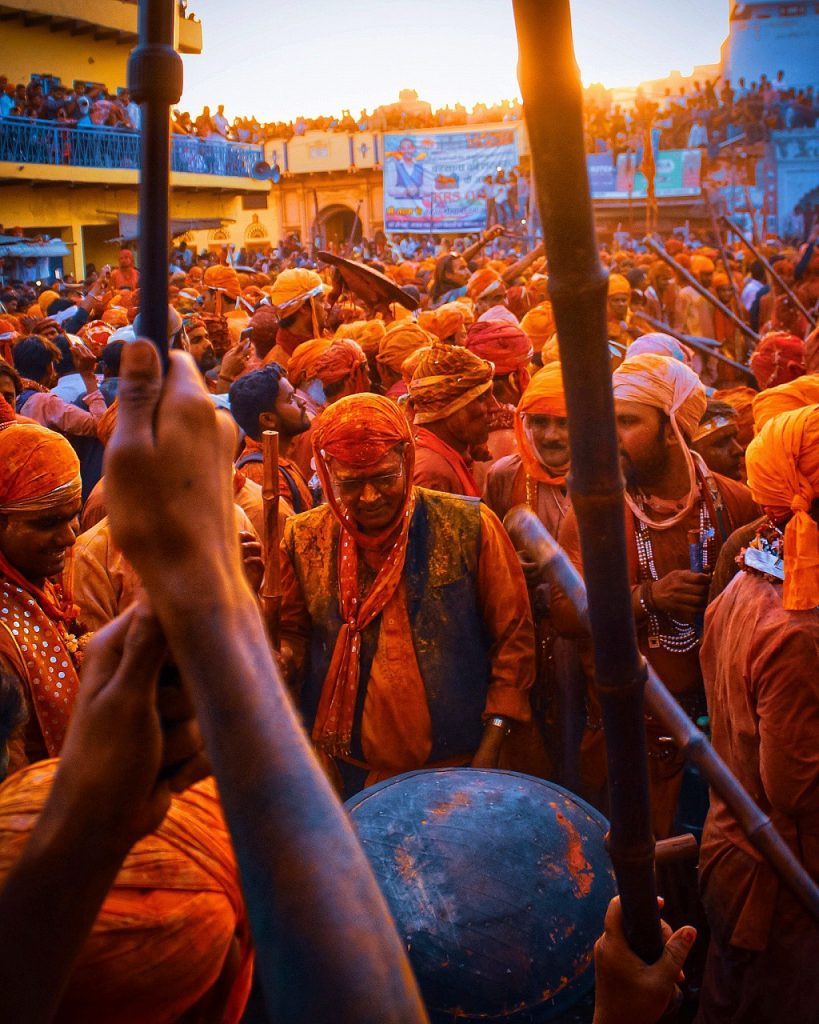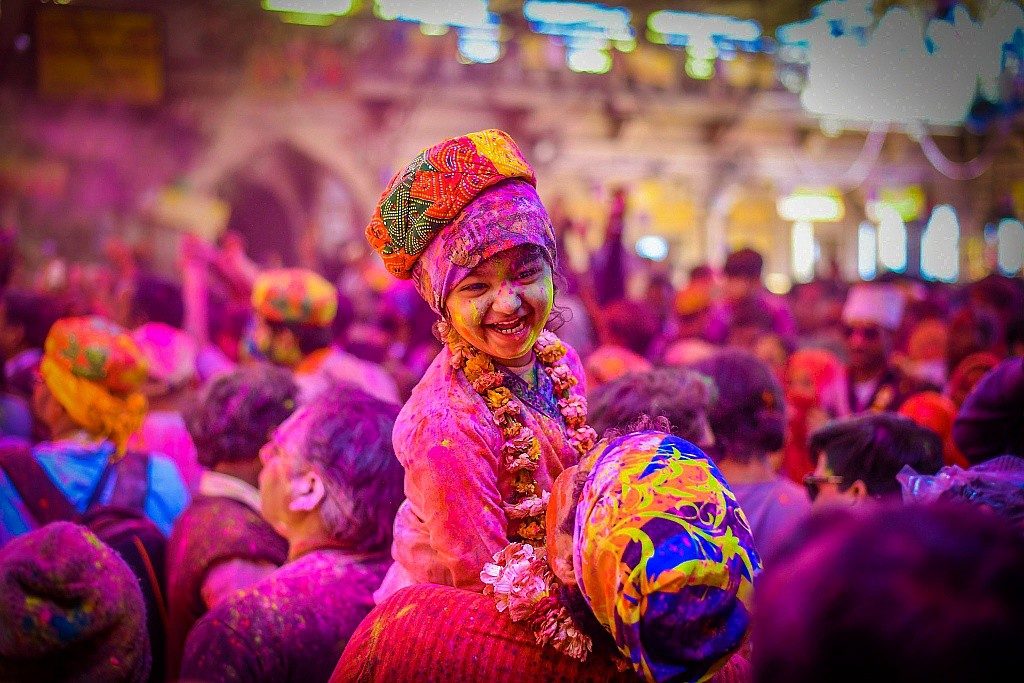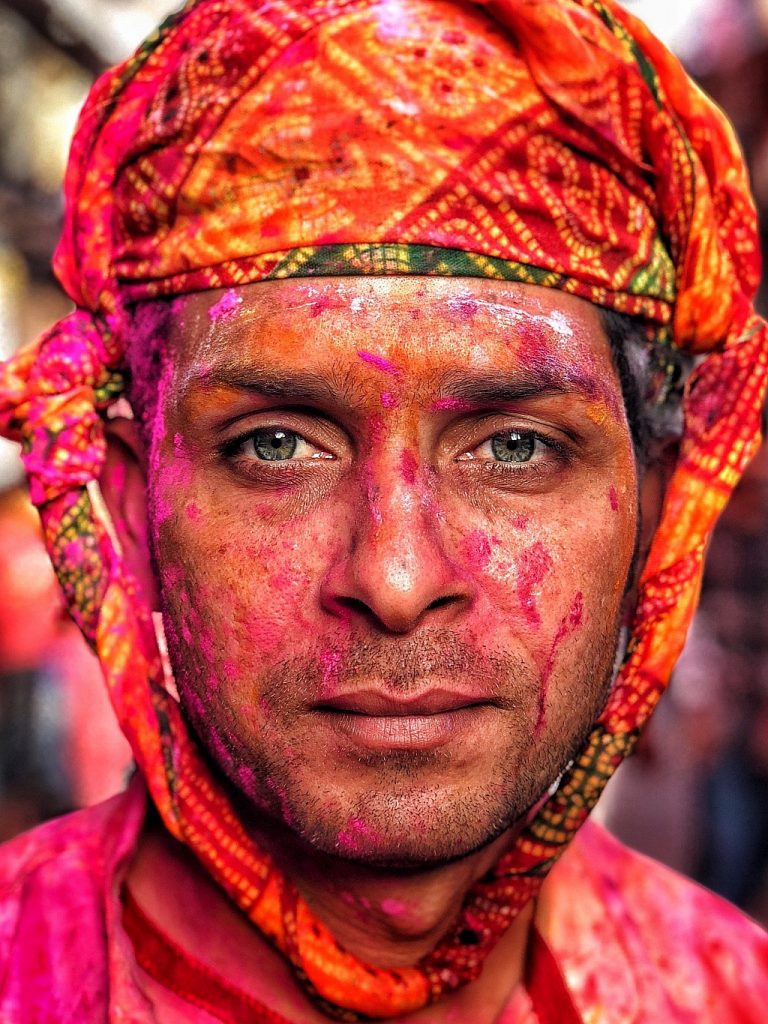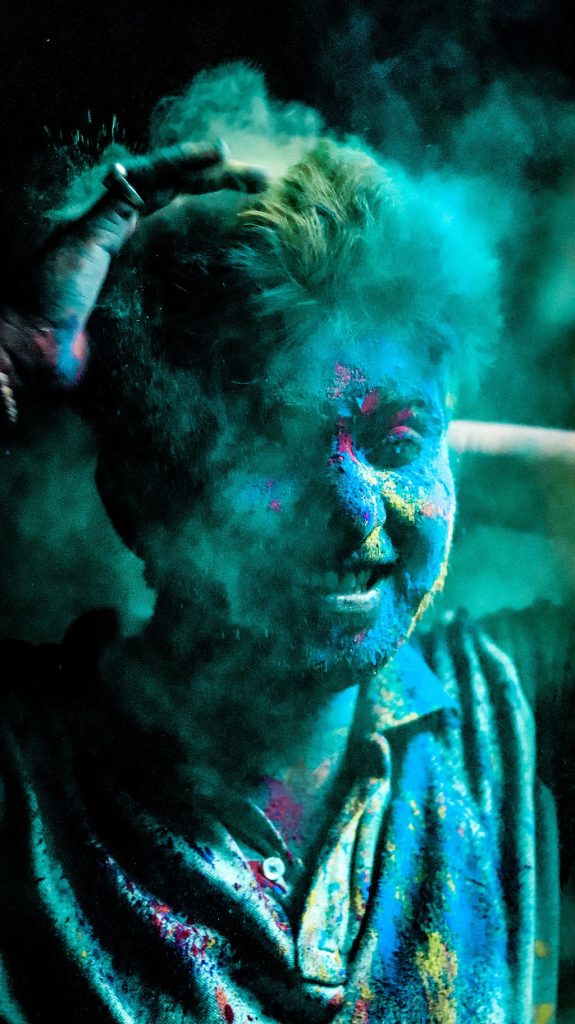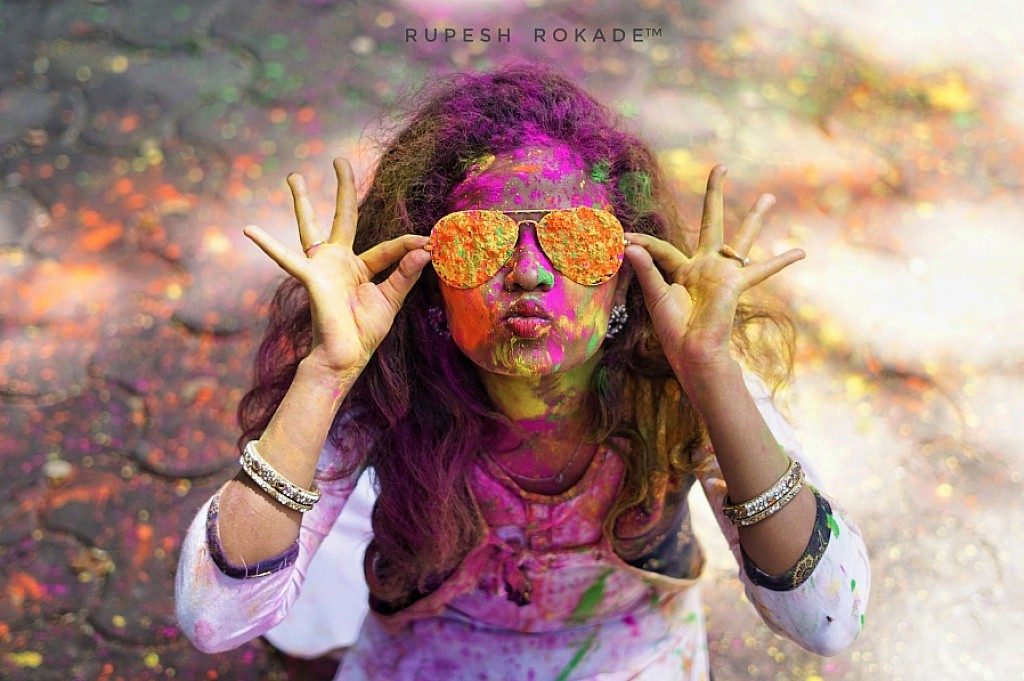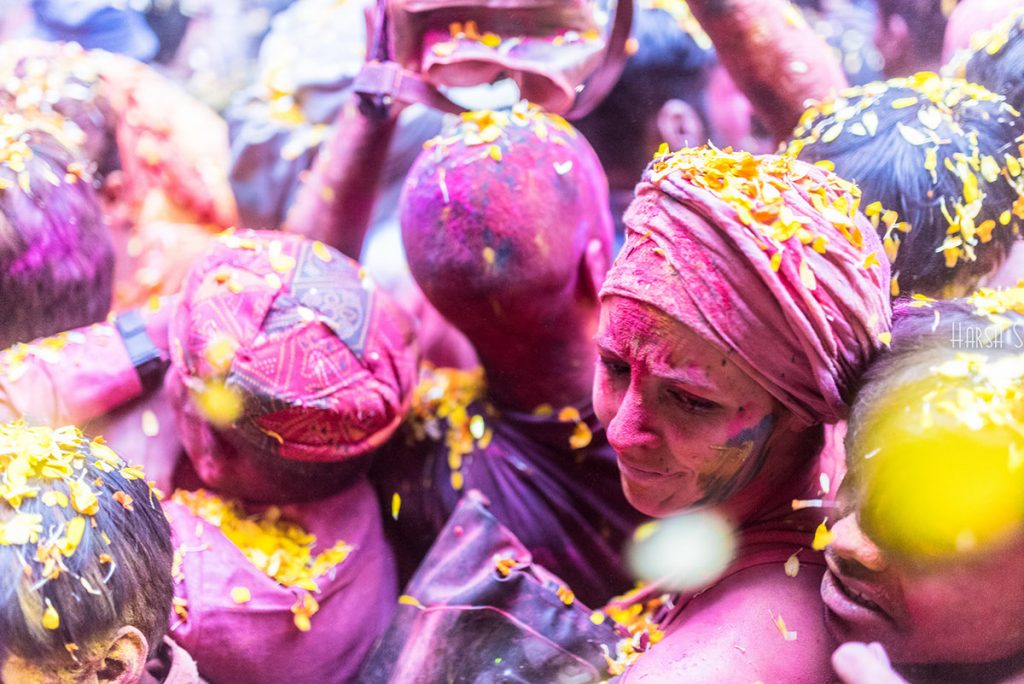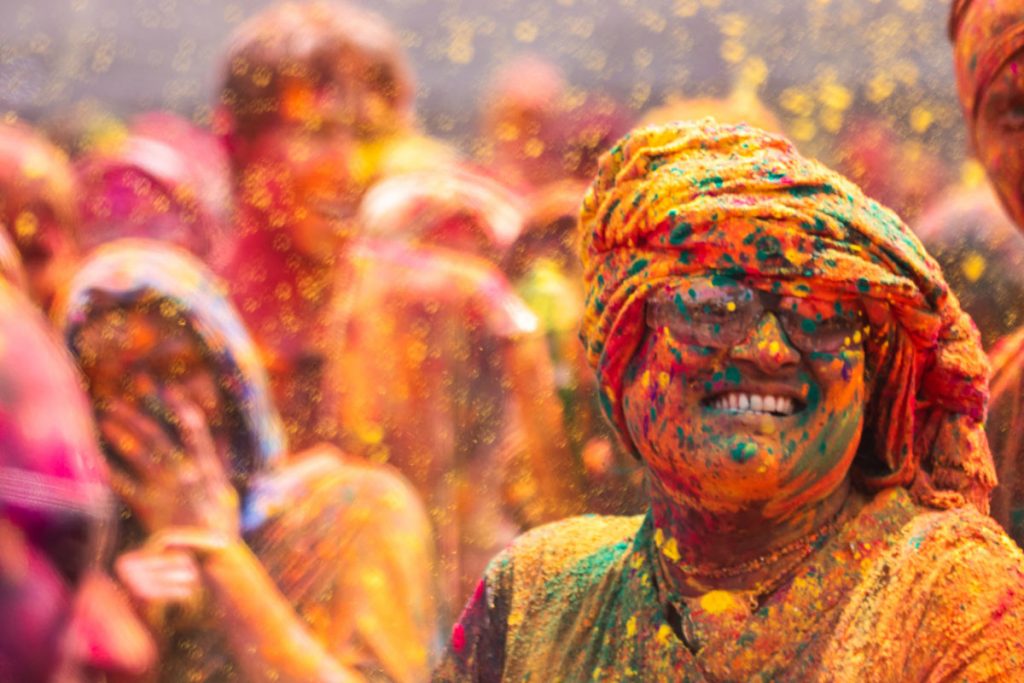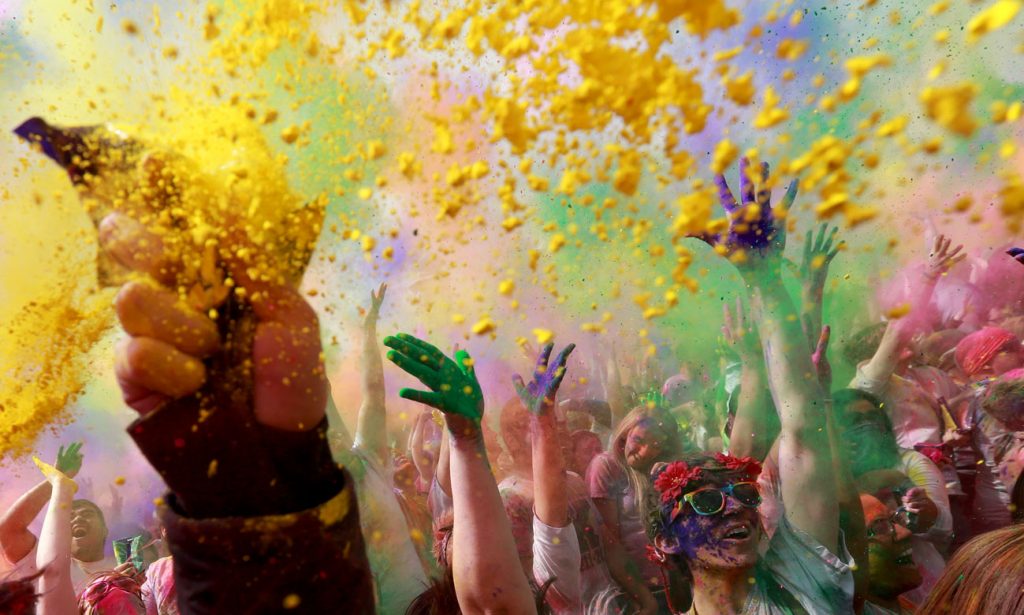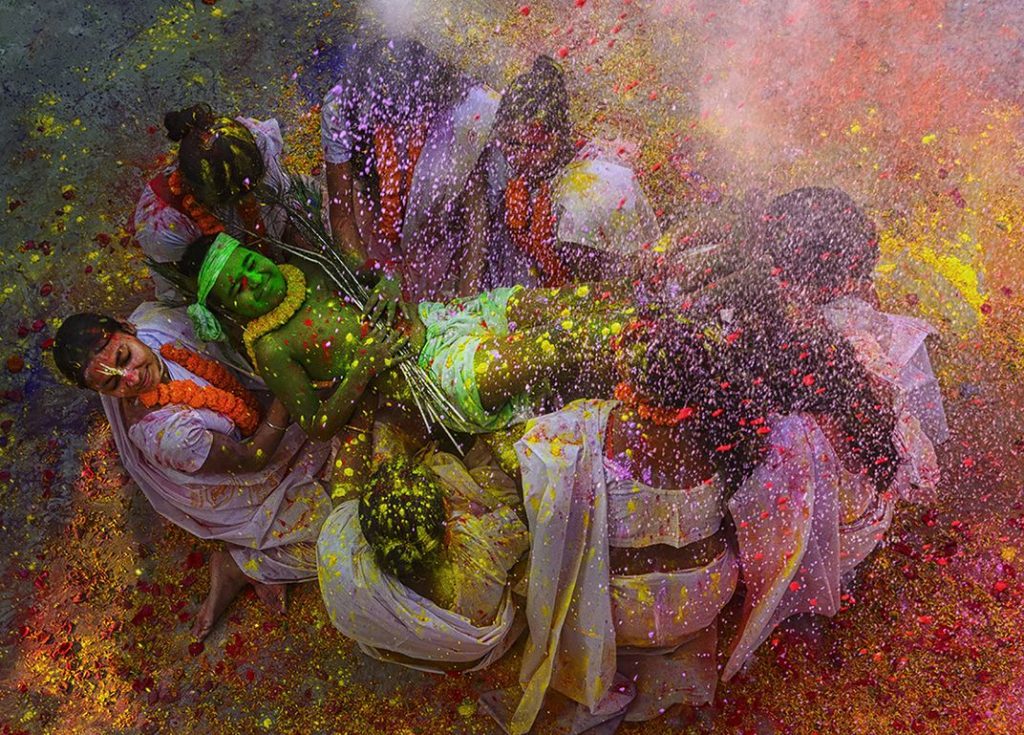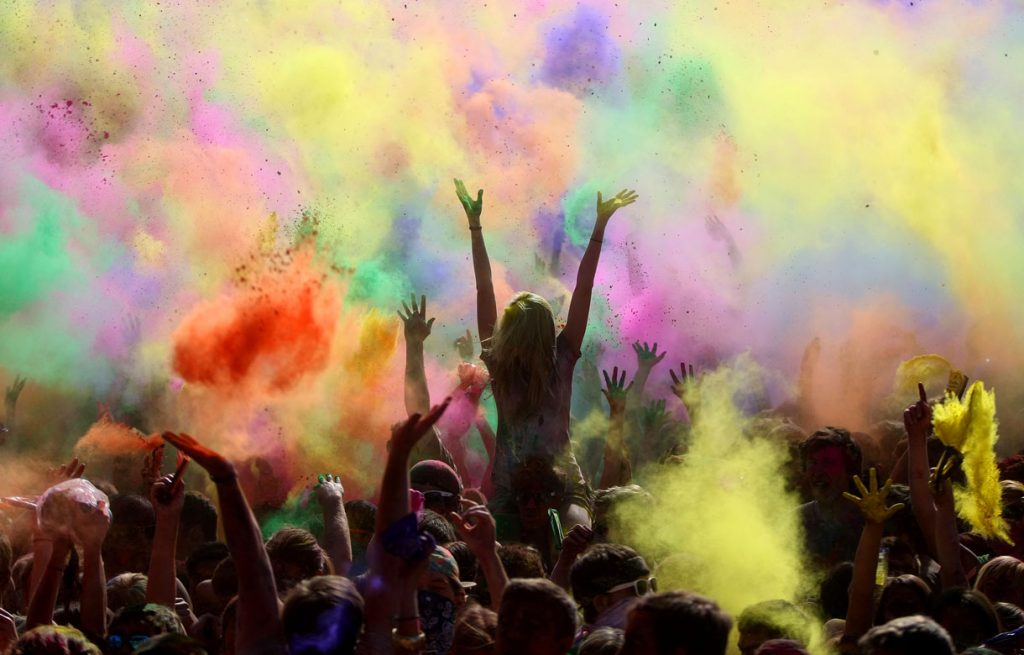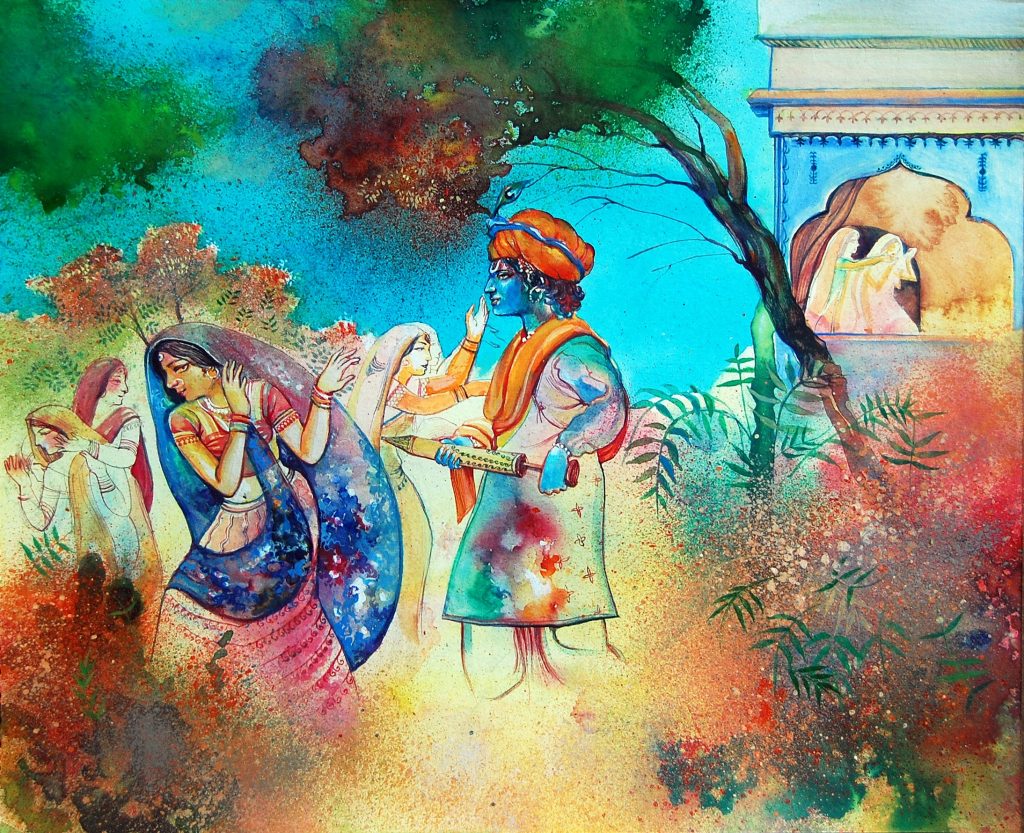
Holi is a popular ancient Hindu festival, originating from India. It is celebrated predominantly in India, but has also spread to other areas of Asia and parts of the Western world through the diaspora from the Indian subcontinent. Holi is popularly known as the Indian “festival of spring”, the “festival of colours”, or the “festival of love”.
The festival signifies the victory of good over evil. It signifies the arrival of spring, the end of winter, the blossoming of love, and for many a festive day to meet others, play and laugh, forget and forgive, and repair broken relationships.
In addition to India and Nepal, Holi is celebrated by Indian subcontinent diaspora in countries such as Jamaica,Suriname, Guyana, Trinidad and Tobago, South Africa, Malaysia, the United Kingdom, the United States, Canada, Mauritius, and Fiji. In recent years the festival has spread to parts of Europe and North America as a spring celebration of love, frolic, and colours.
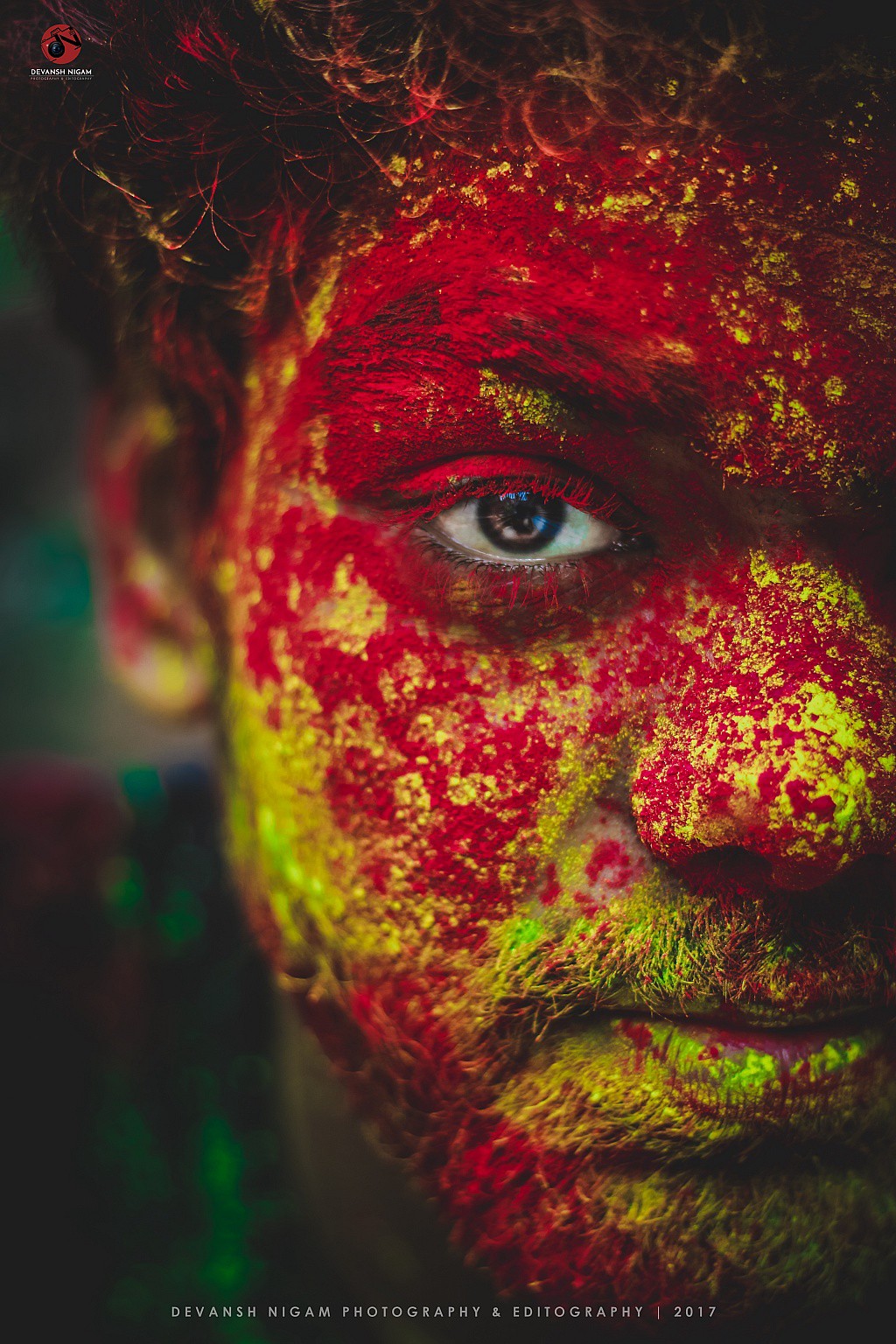
Holi celebrations start on the night before Holi with a Holika Dahan where people gather, perform religious rituals in front of the bonfire, and pray that their internal evil be destroyed the way Holika, the sister of the demon king Hiranyakashipu, was killed in the fire. The next morning is celebrated as Rangwali Holi – a free-for-all festival of colours,where people smear each other with colours and drench each other.
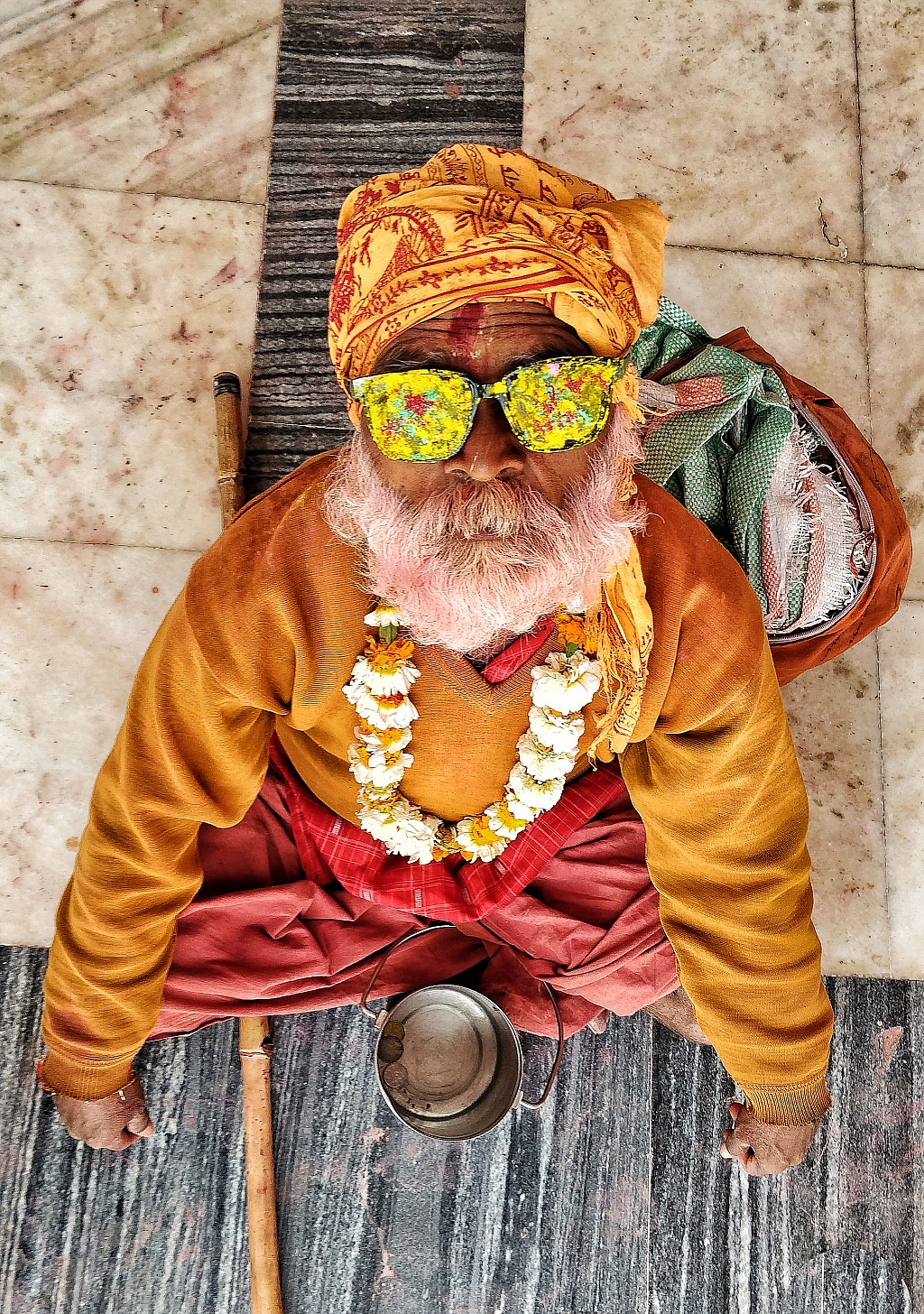
Water guns and water-filled balloons are also used to play and colour each other. Anyone and everyone is fair game, friend or stranger, rich or poor, man or woman, children, and elders. The frolic and fight with colours occur in the open streets, open parks, outside temples and buildings. Groups carry drums and other musical instruments, go from place to place, sing and dance. People visit family, friends and foes to throw coloured powders on each other, laugh and gossip, then share Holi delicacies, food and drinks.
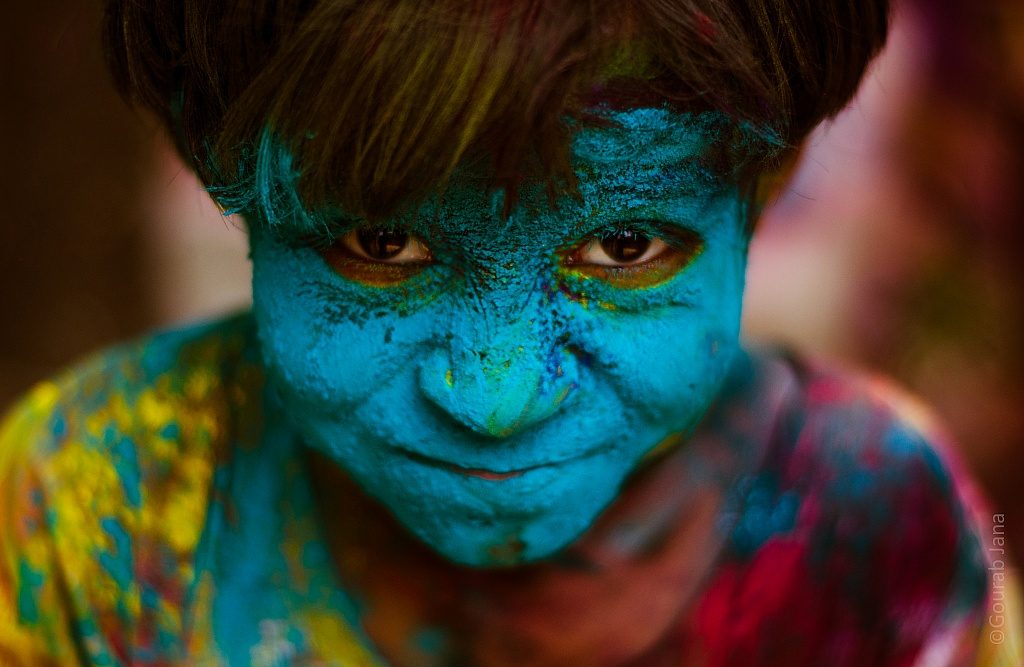
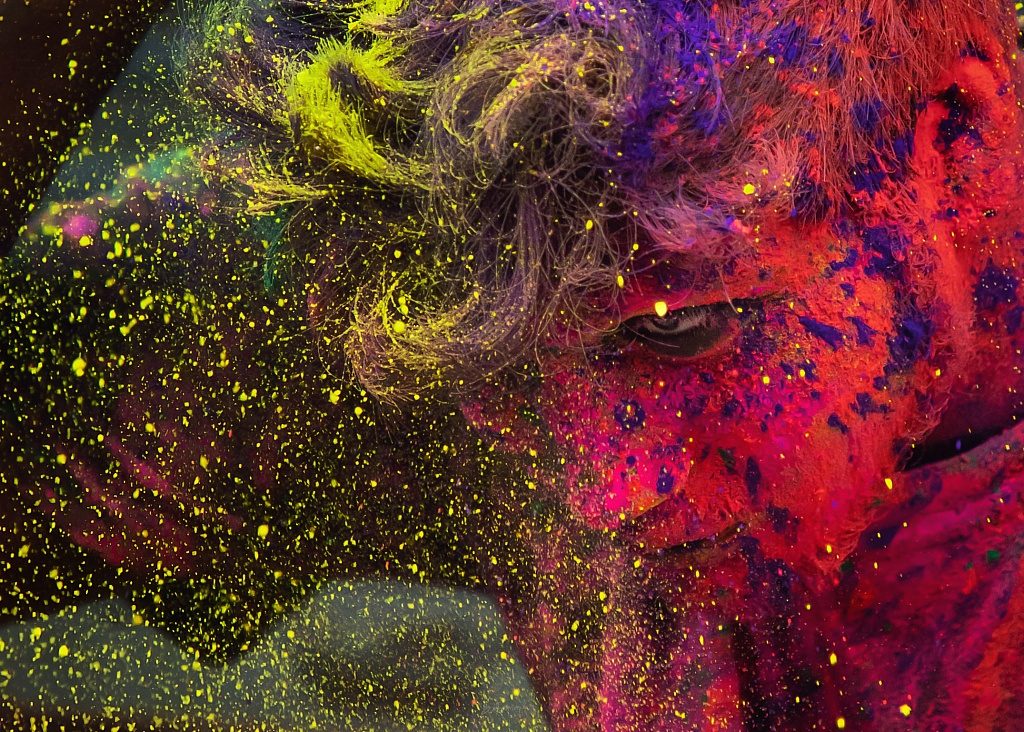
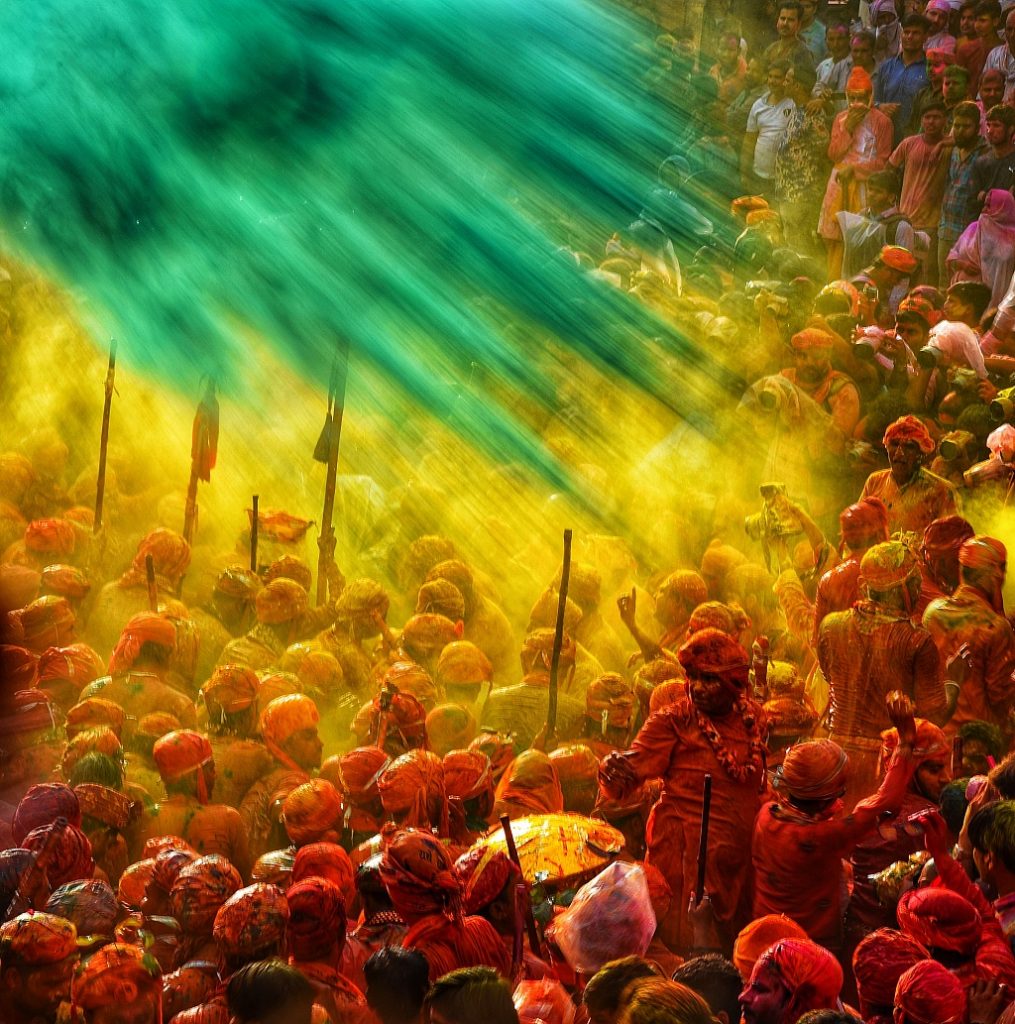
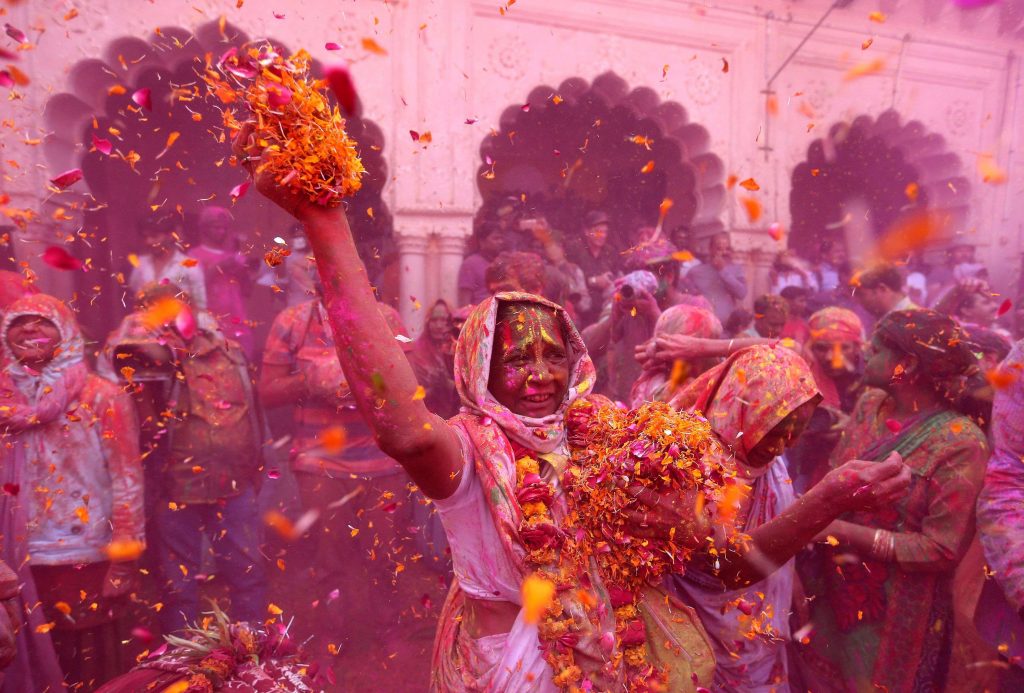
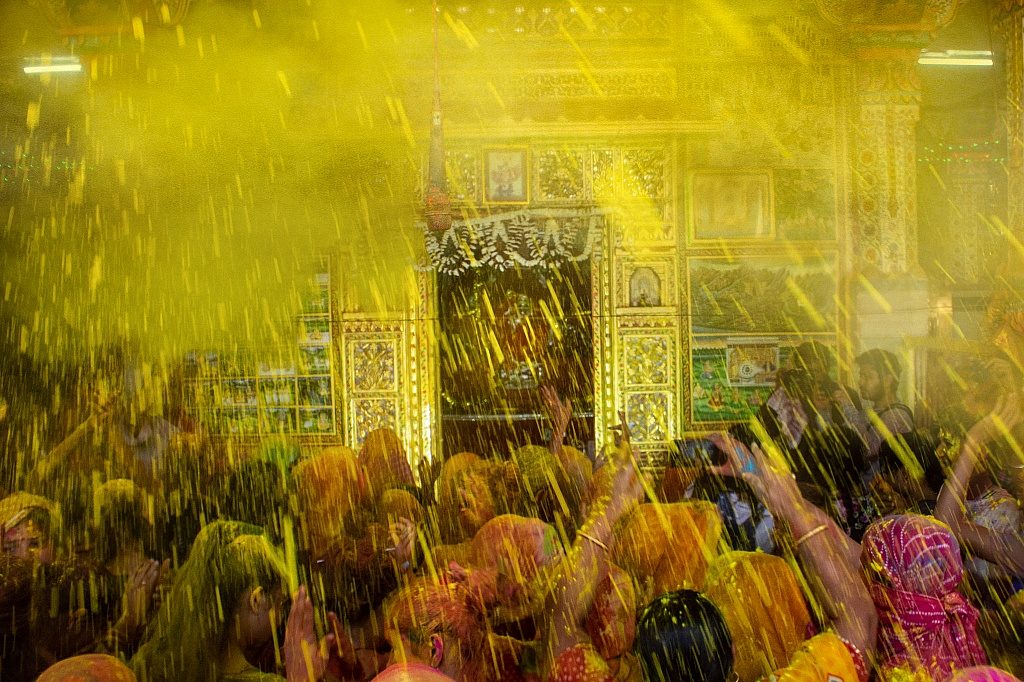
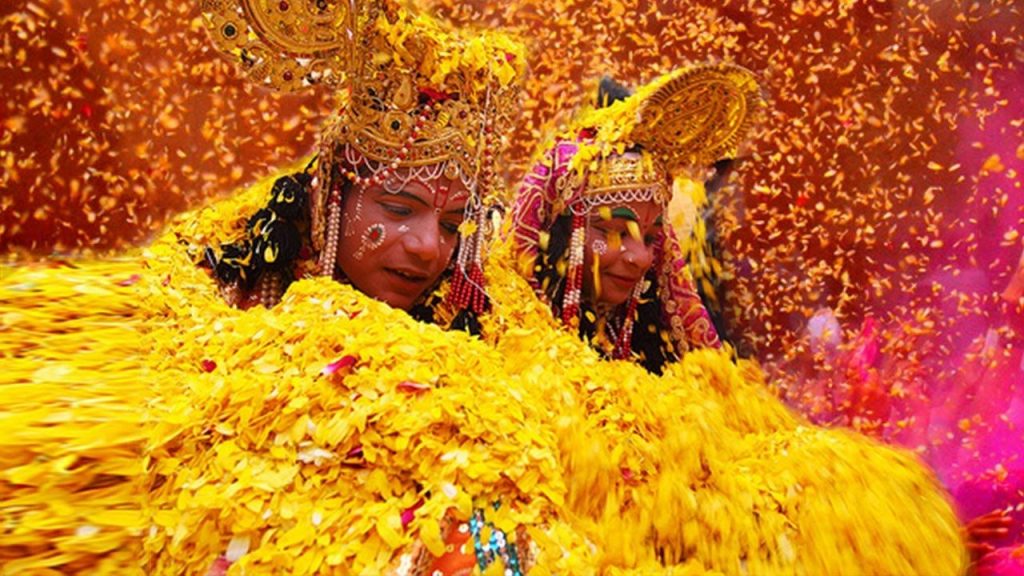
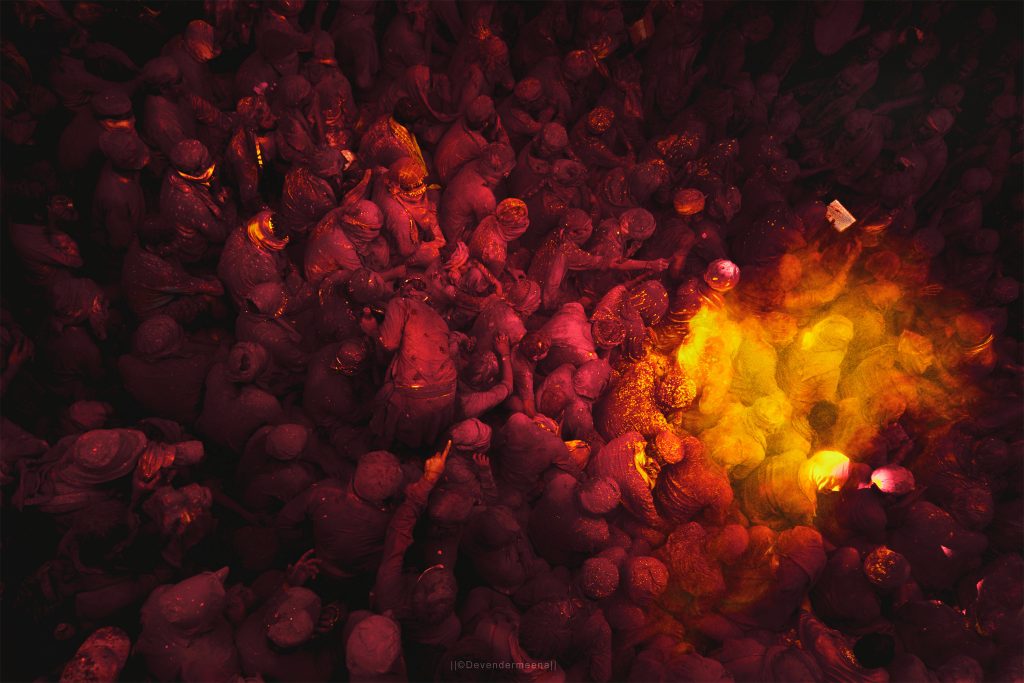
Holi In Barsana Mathura. 